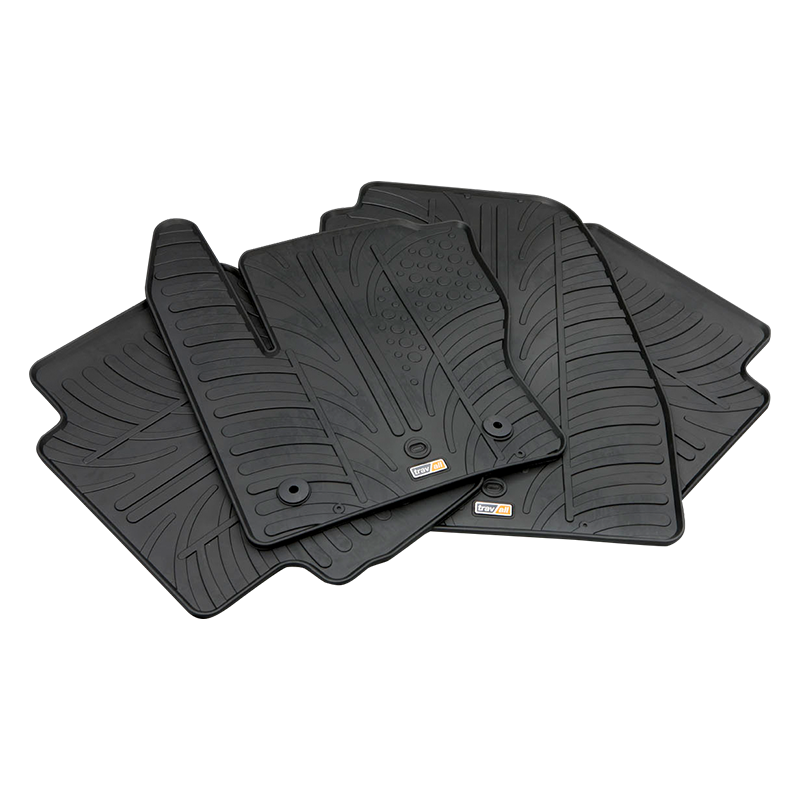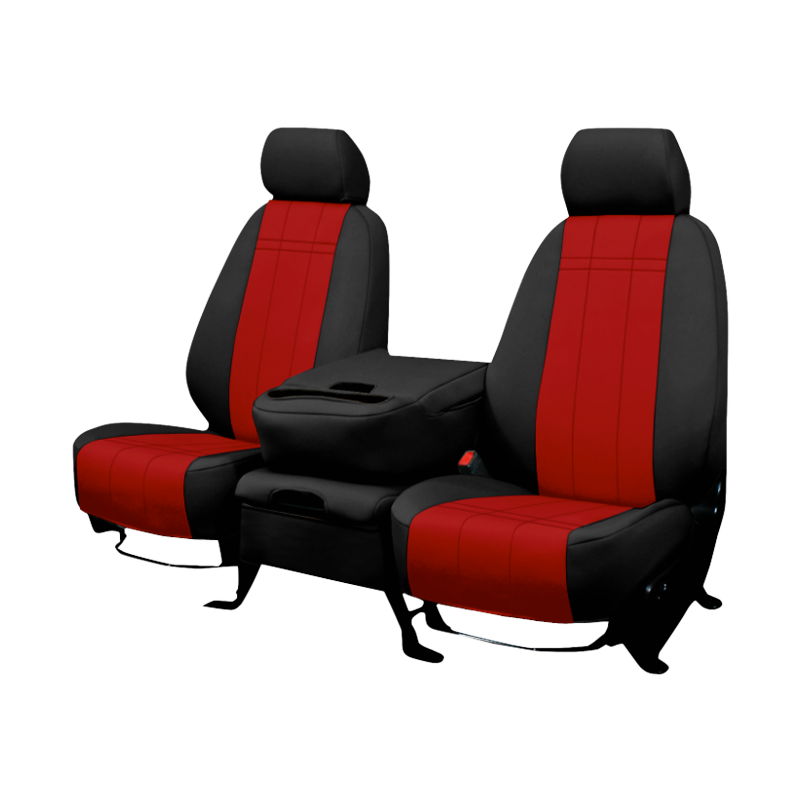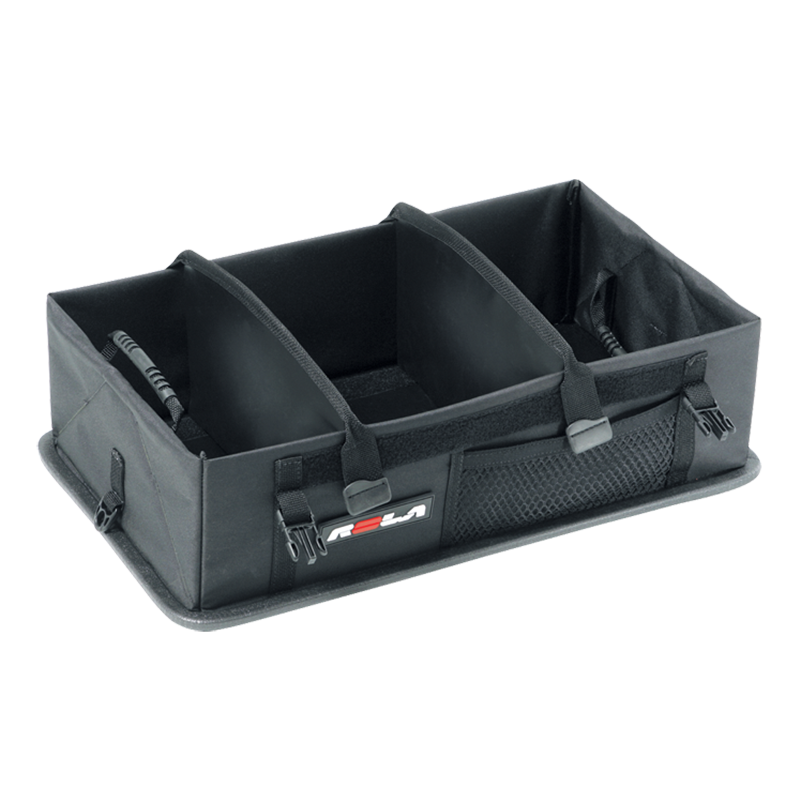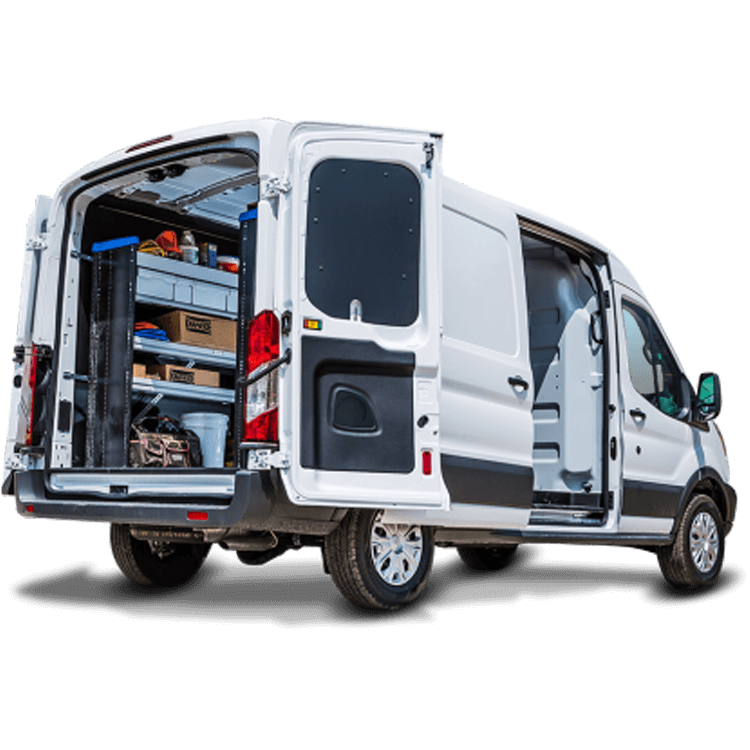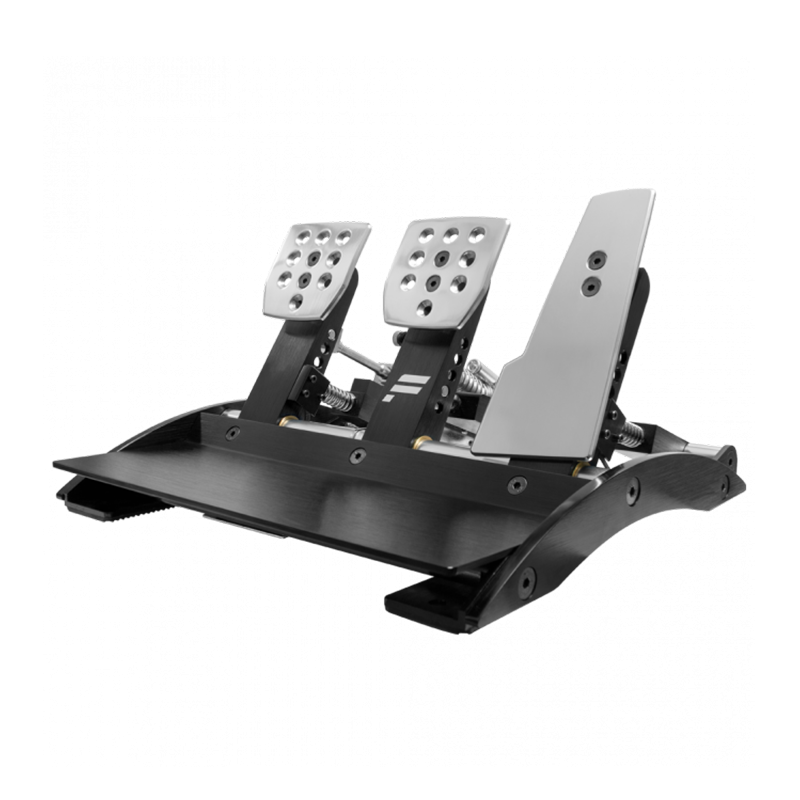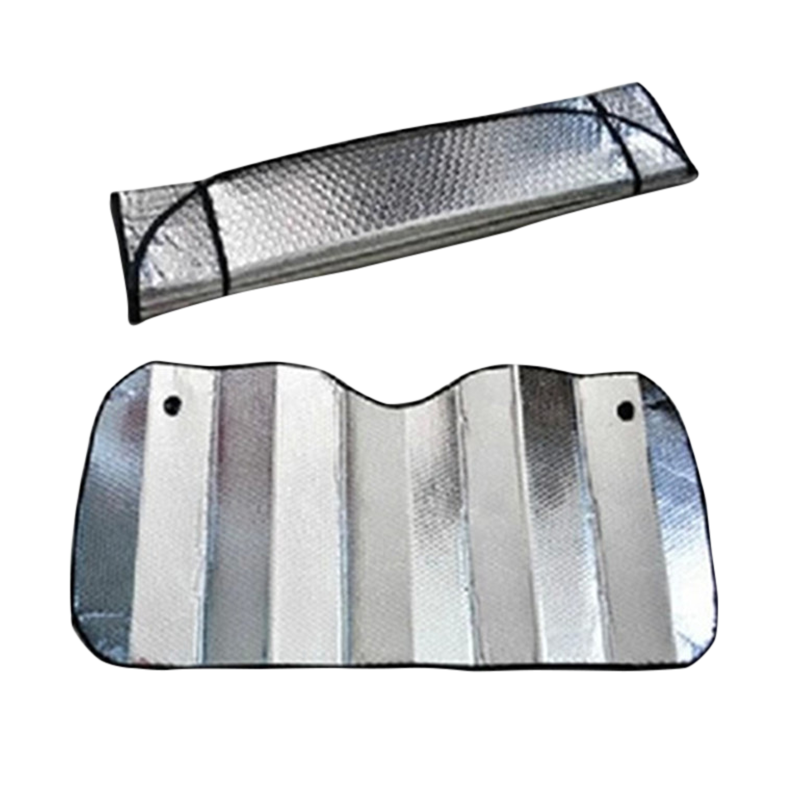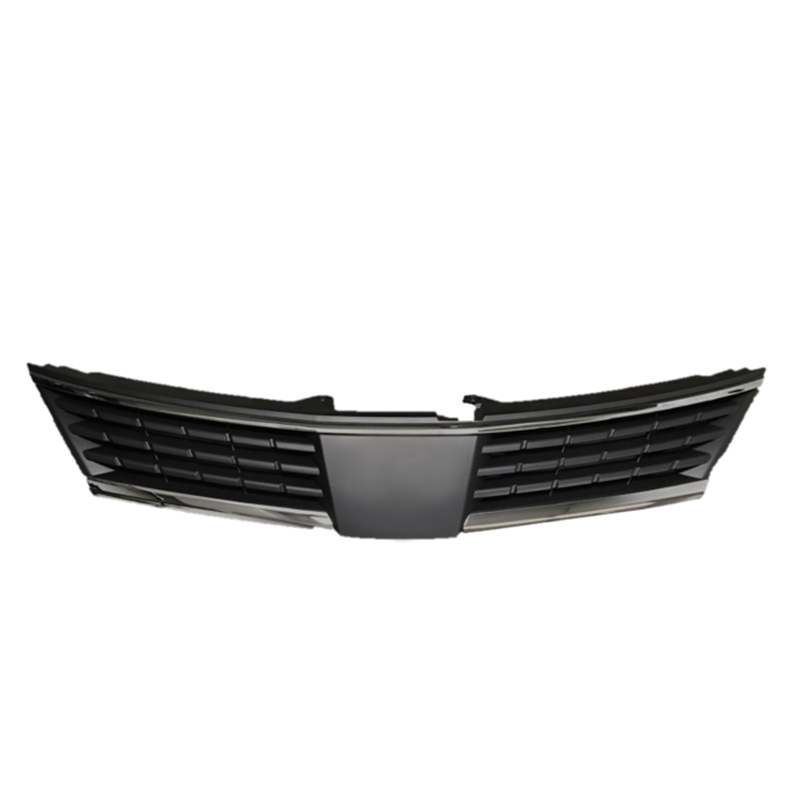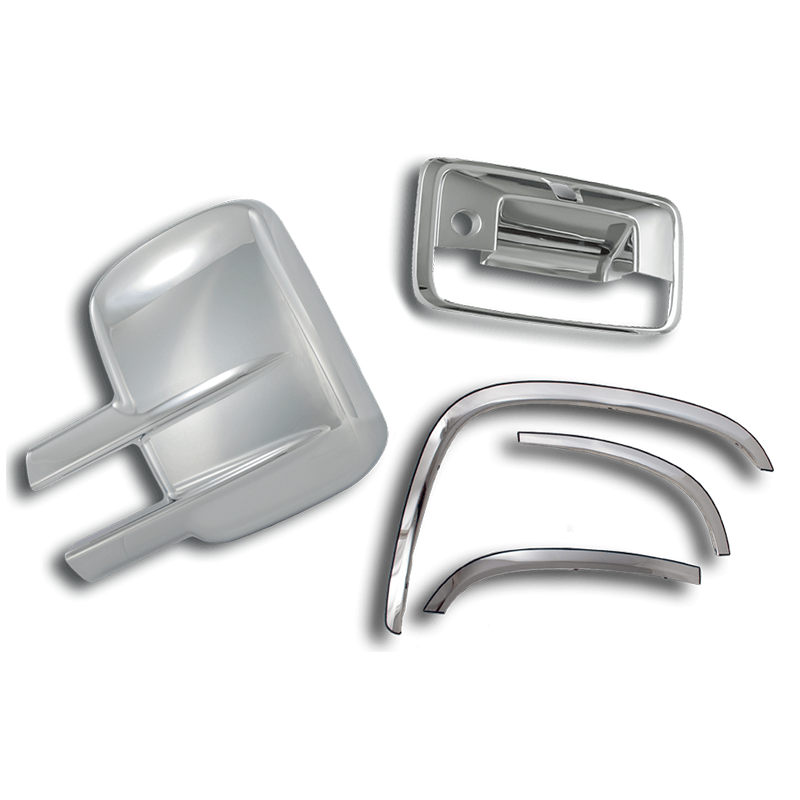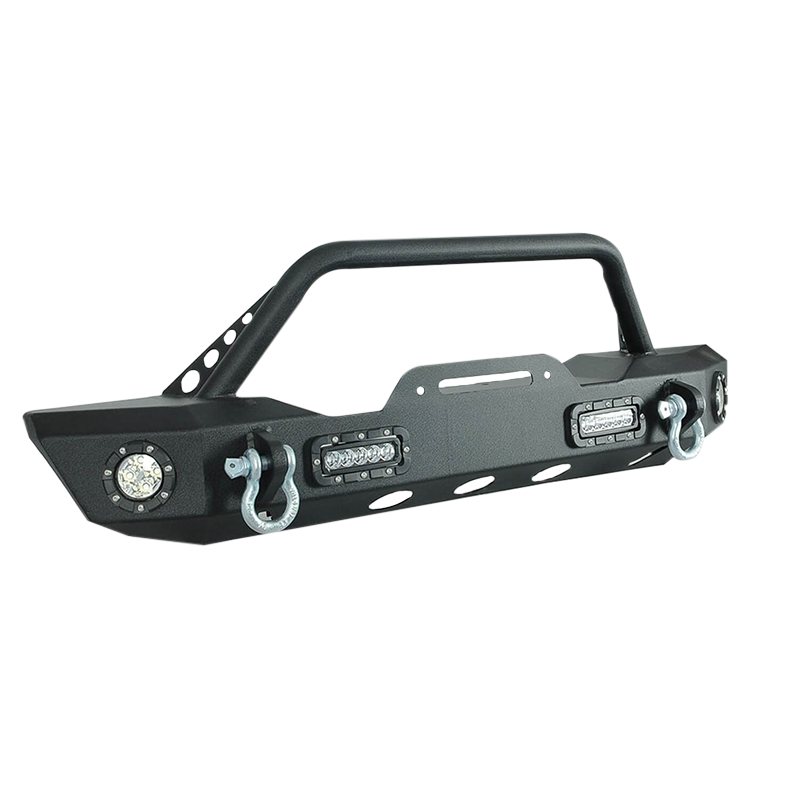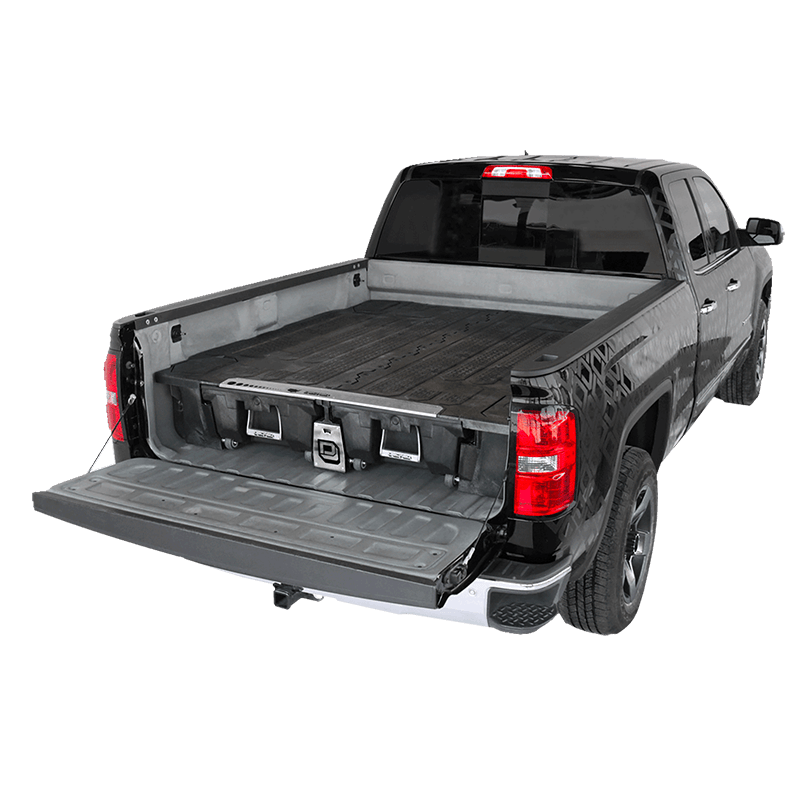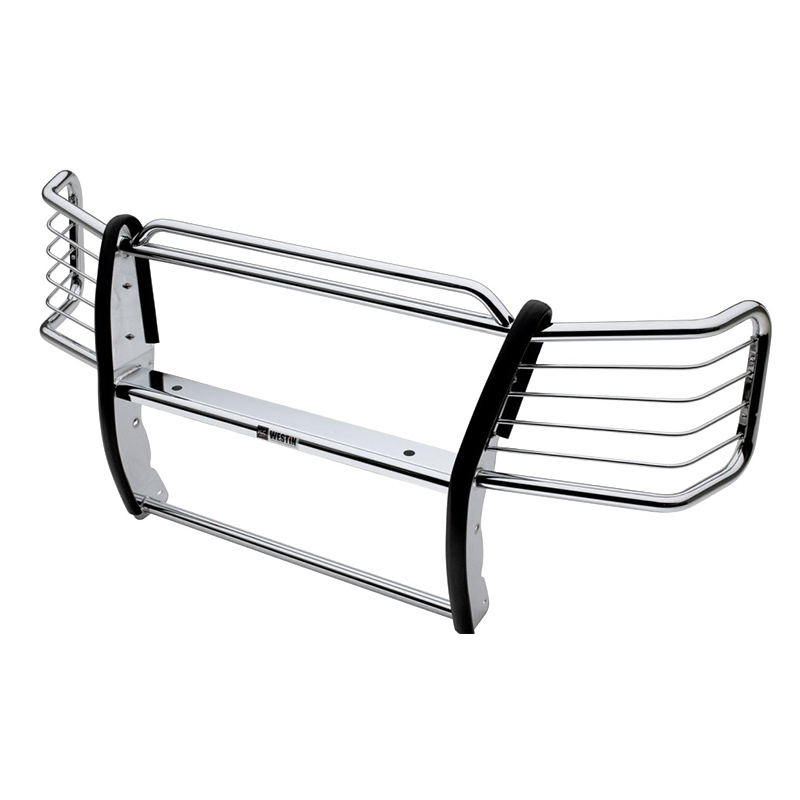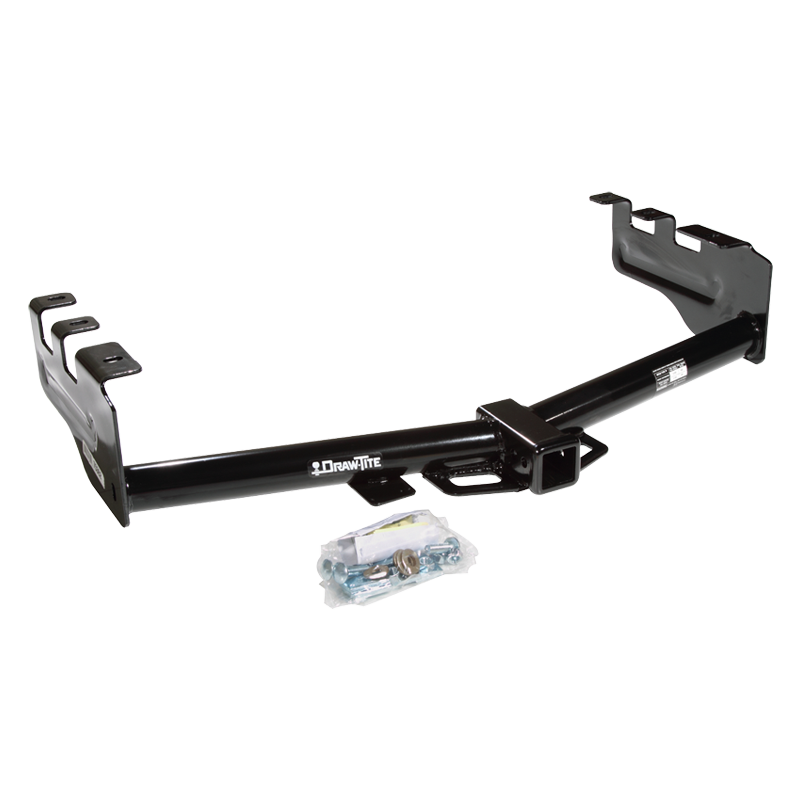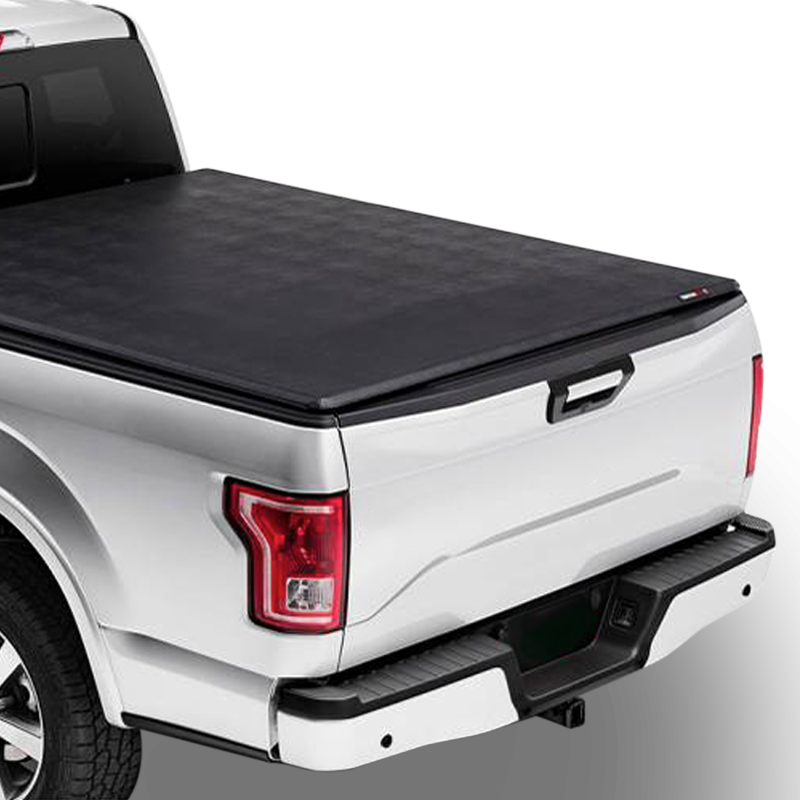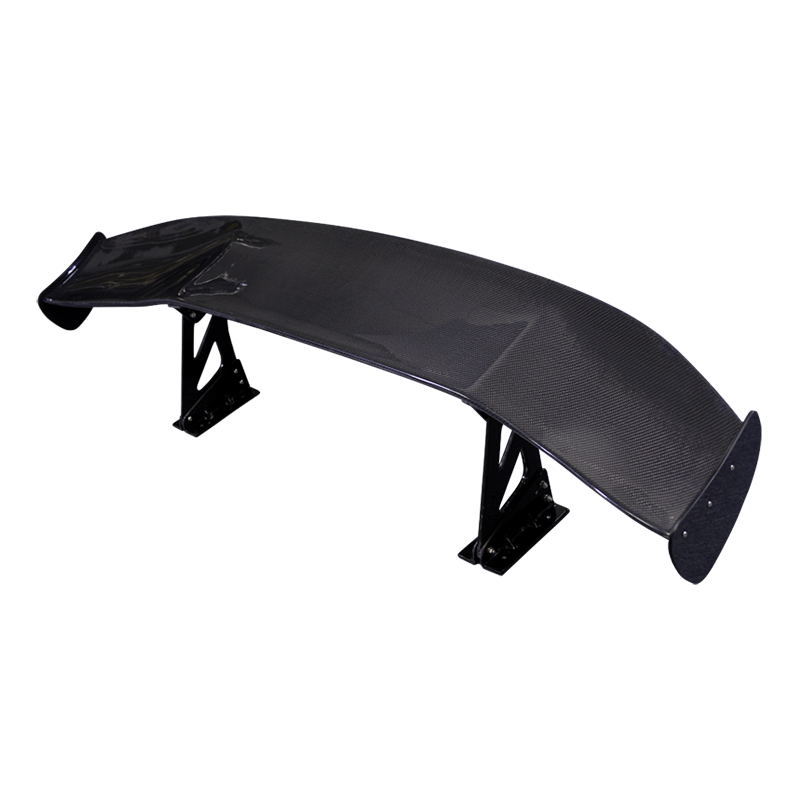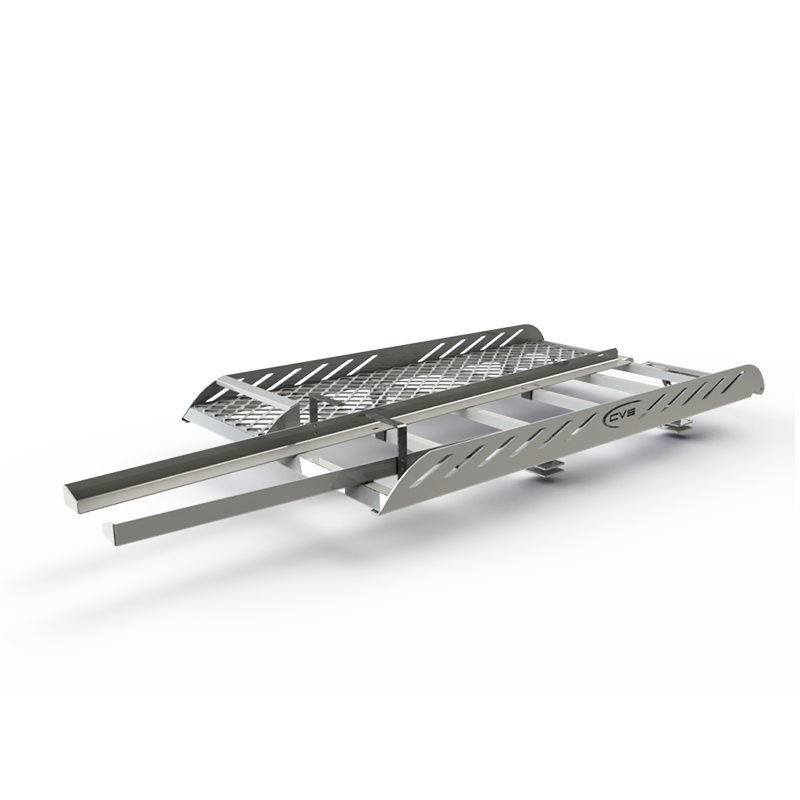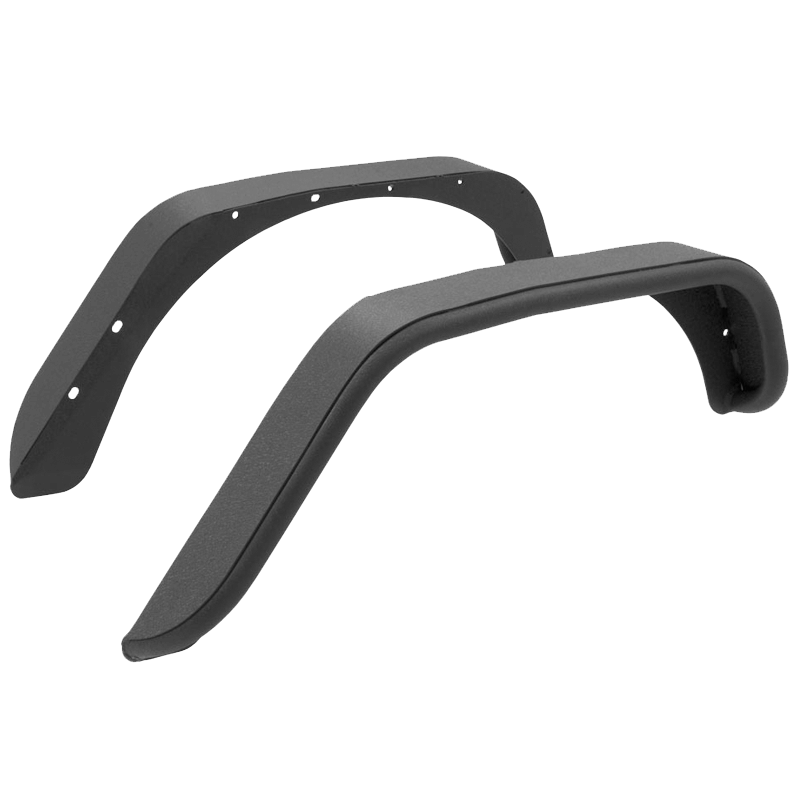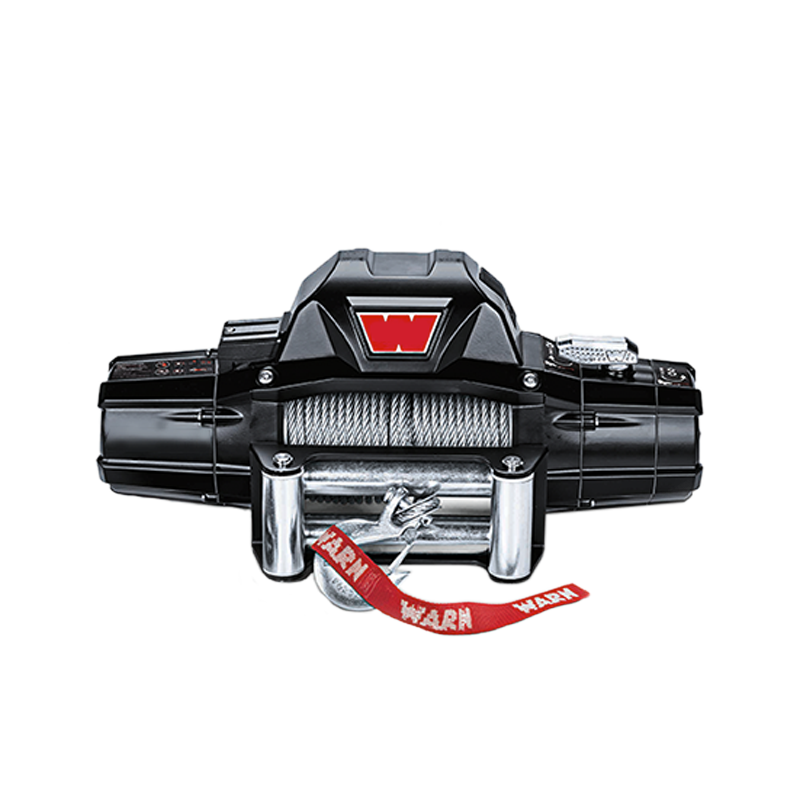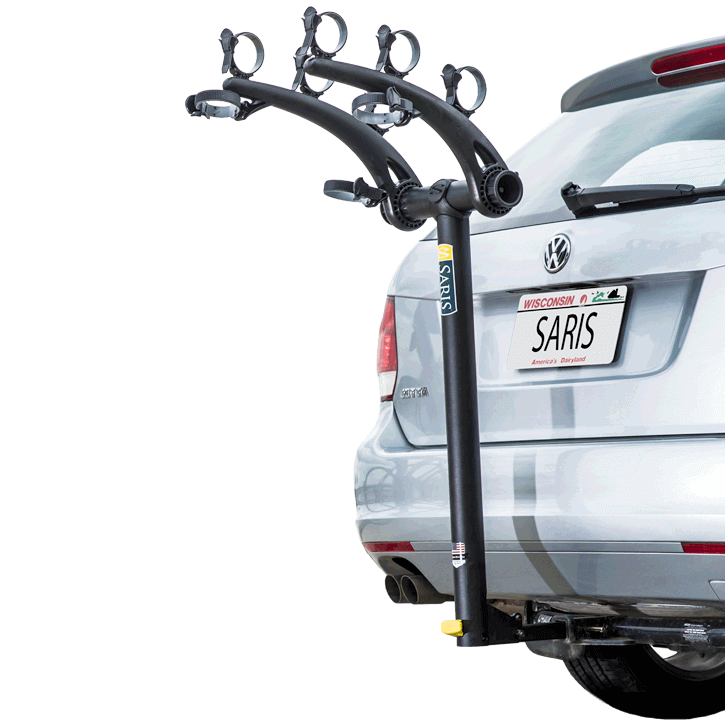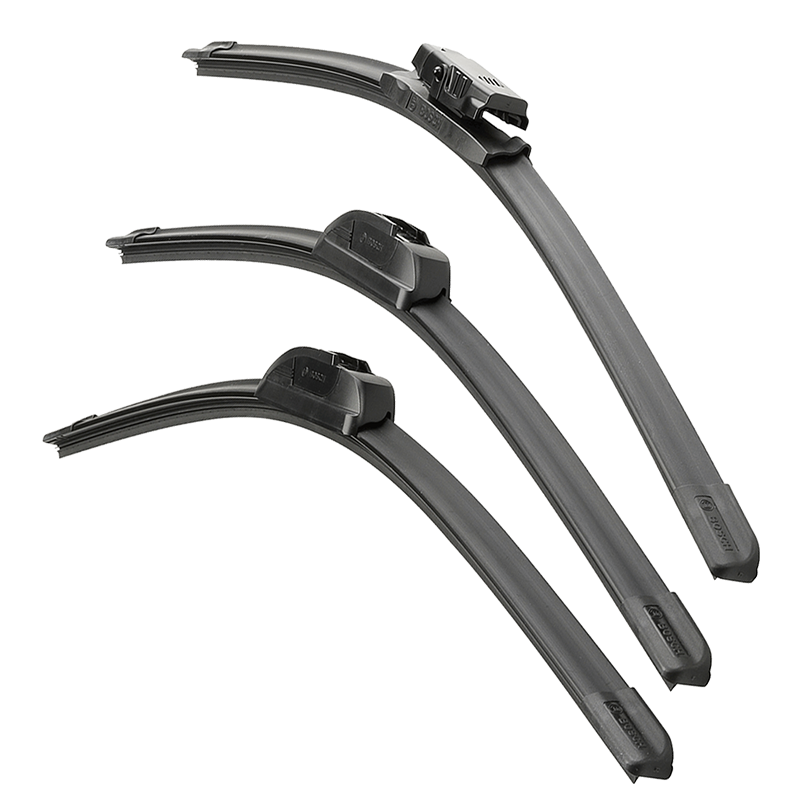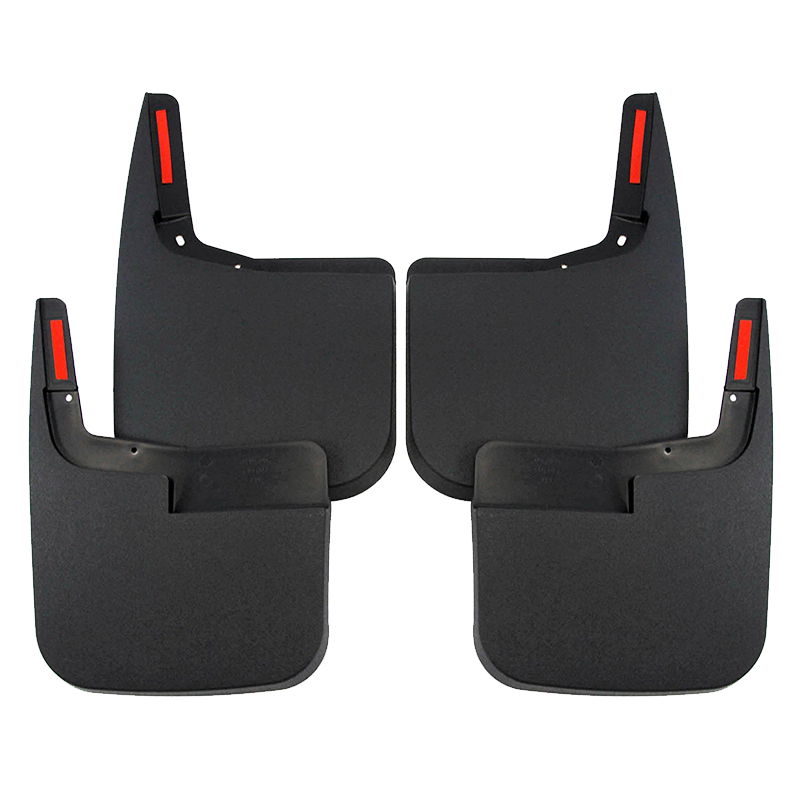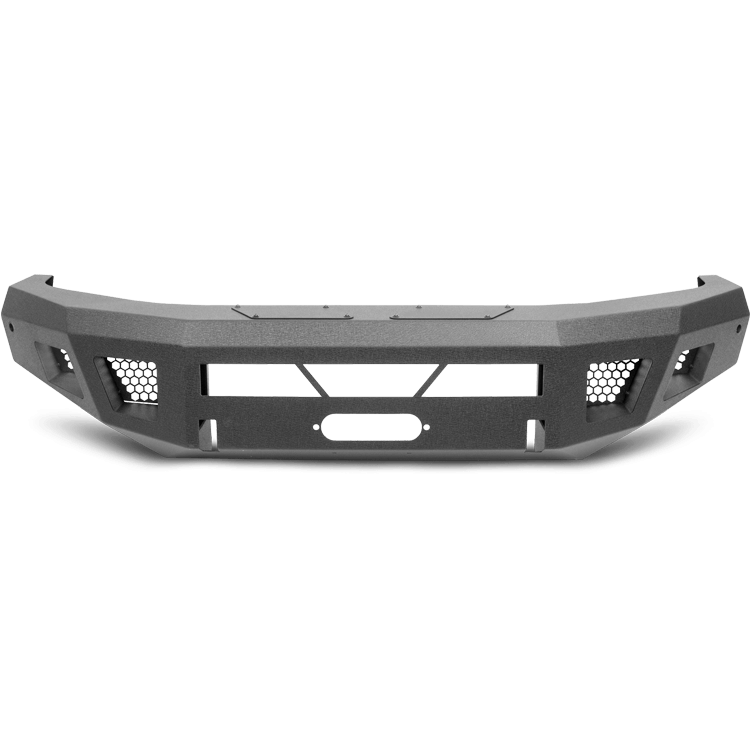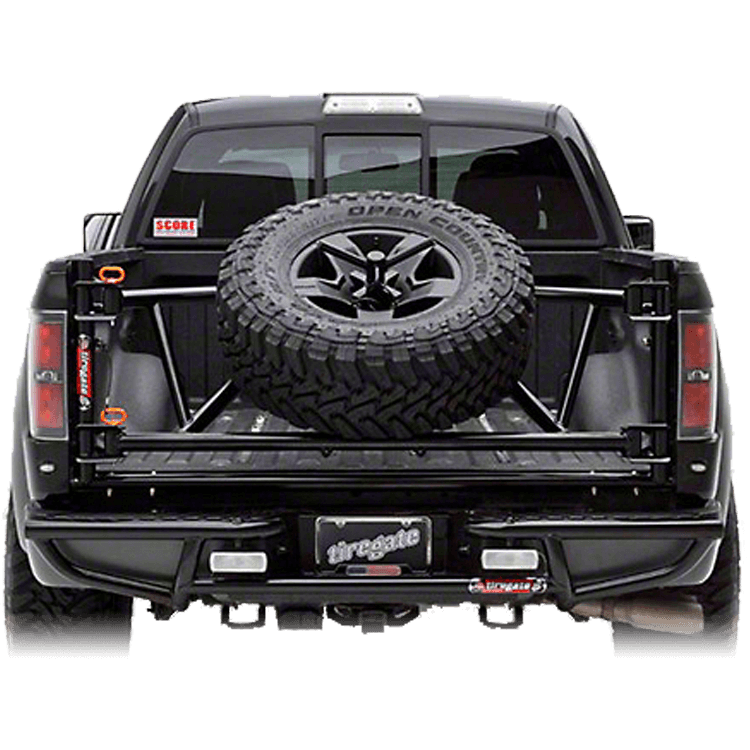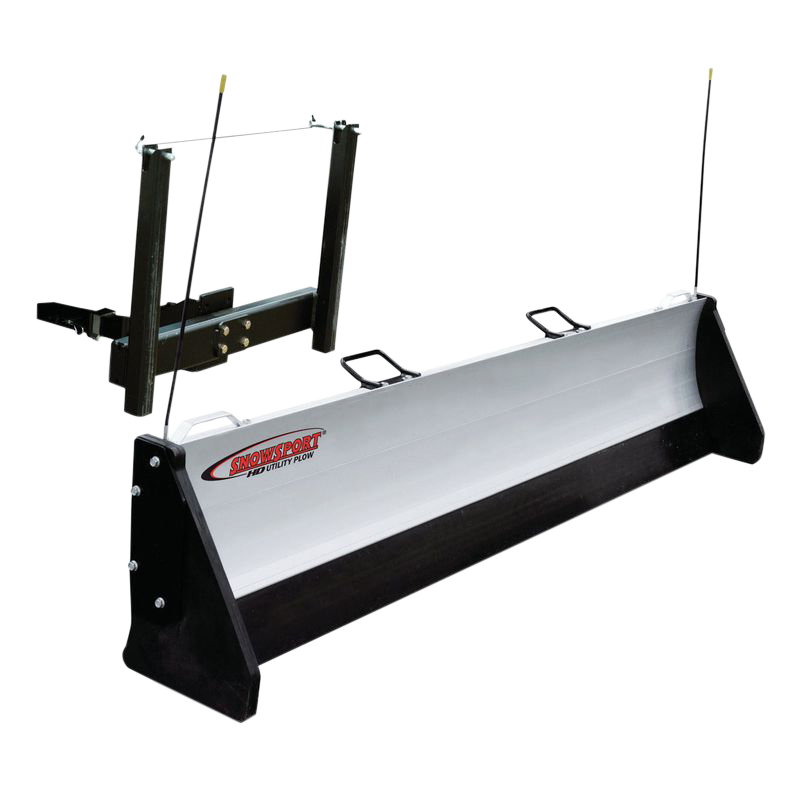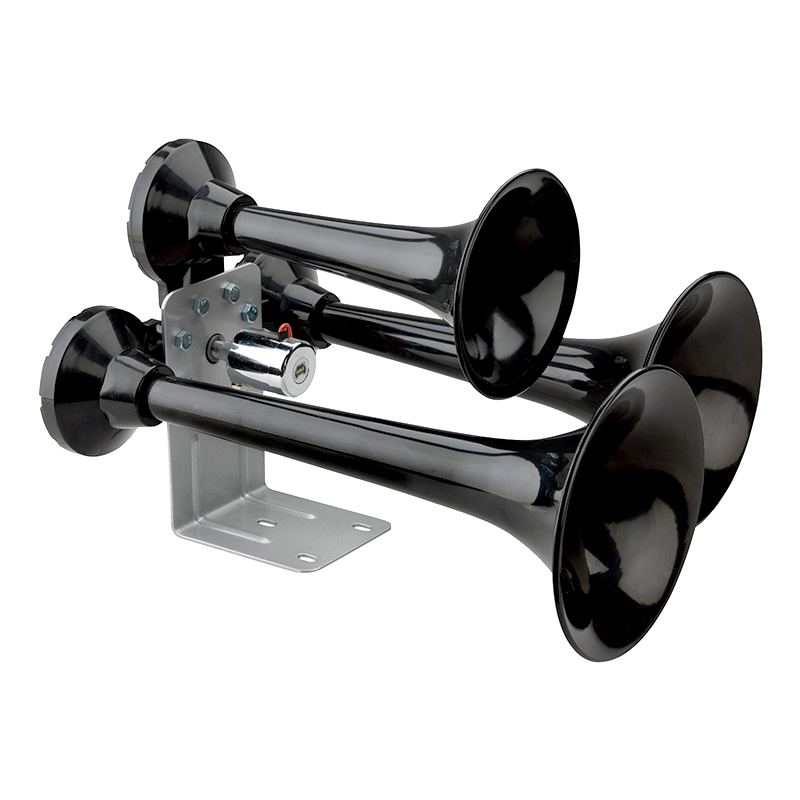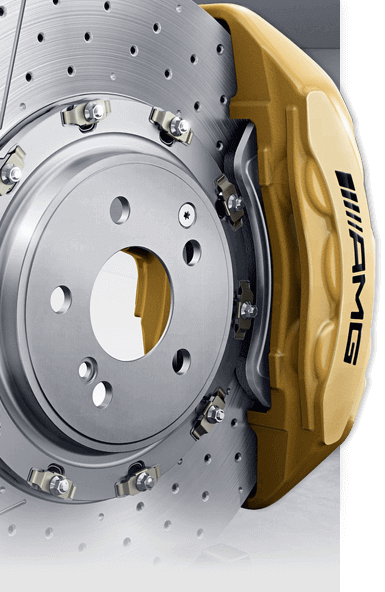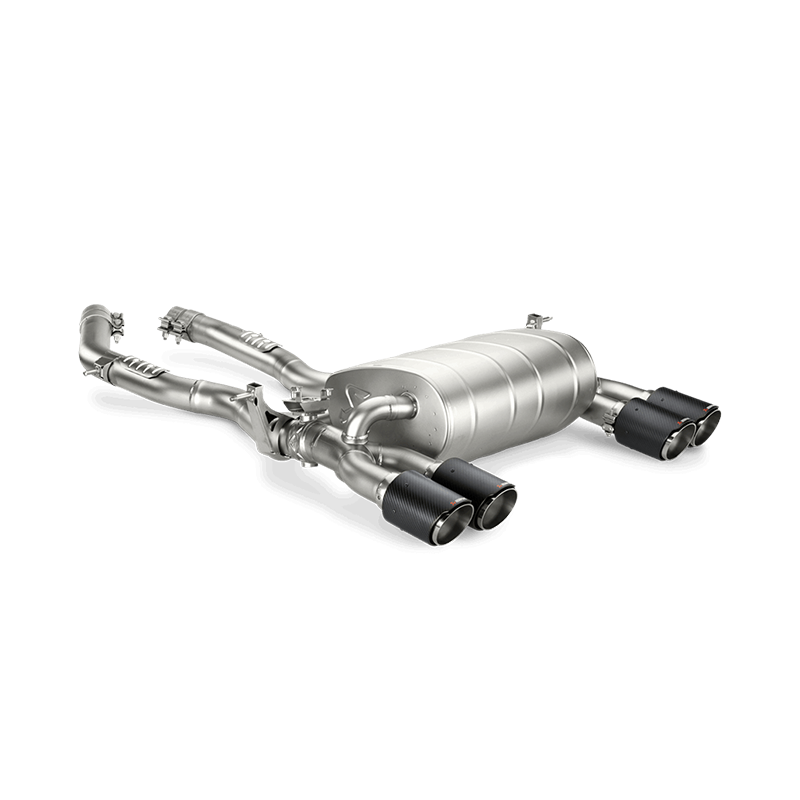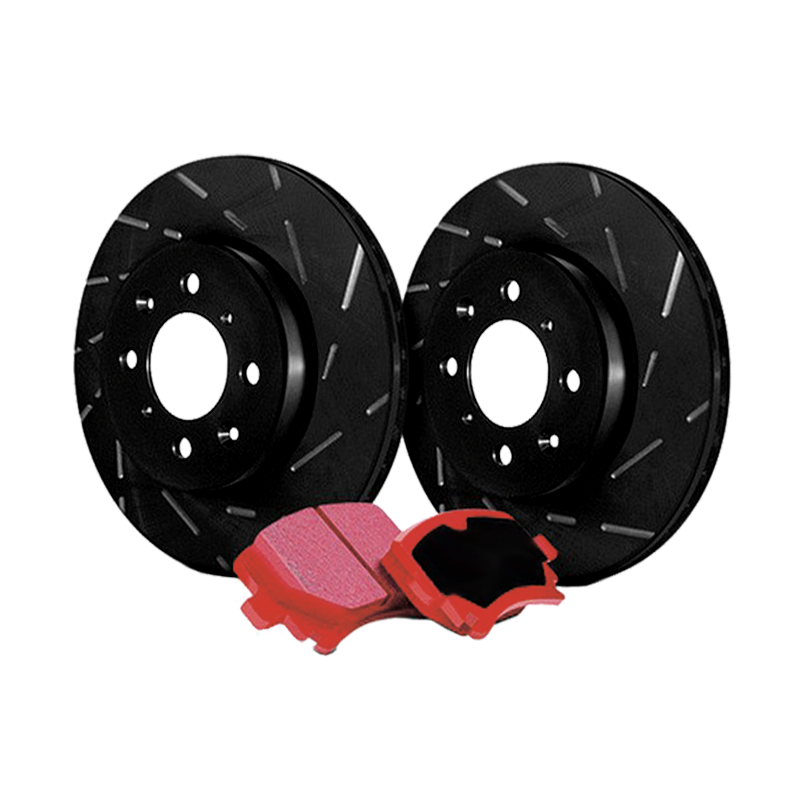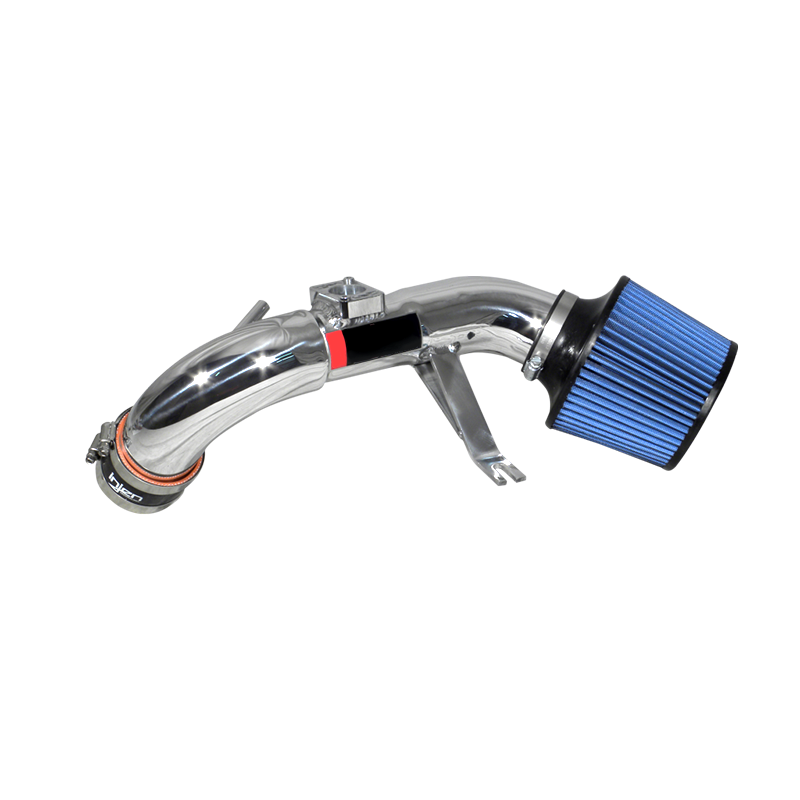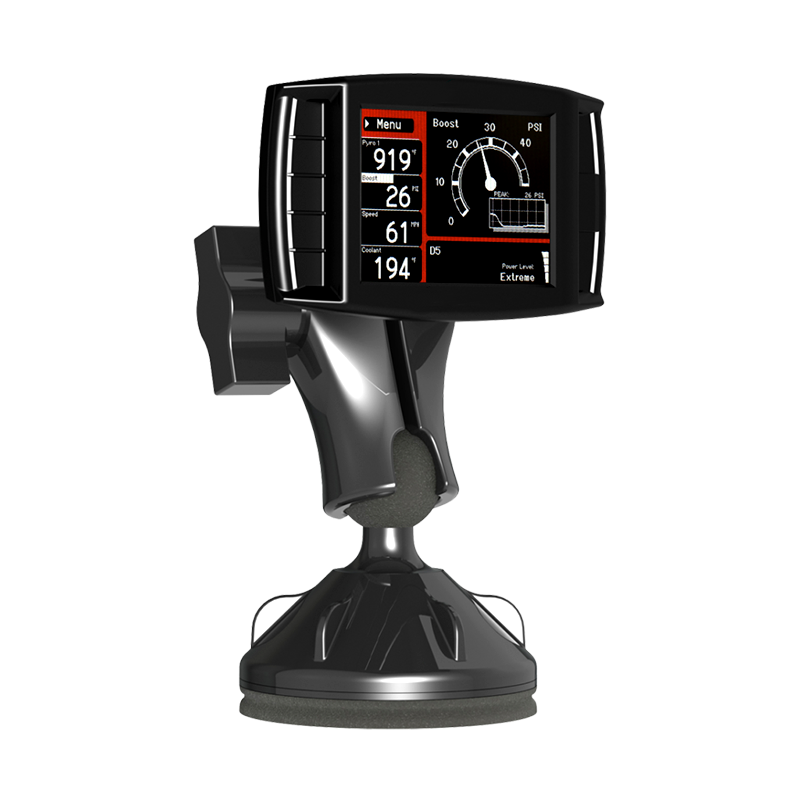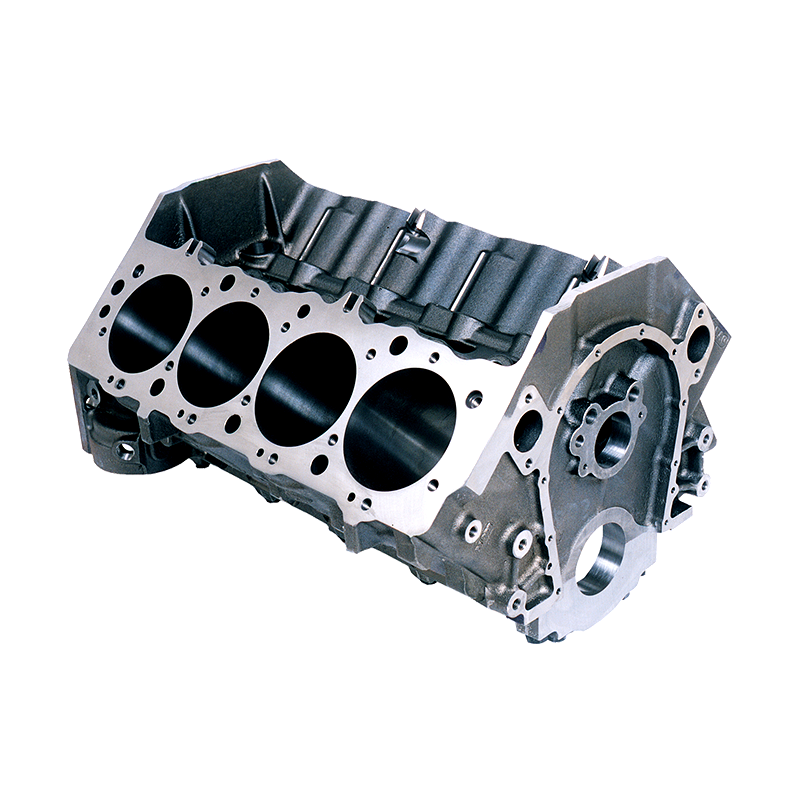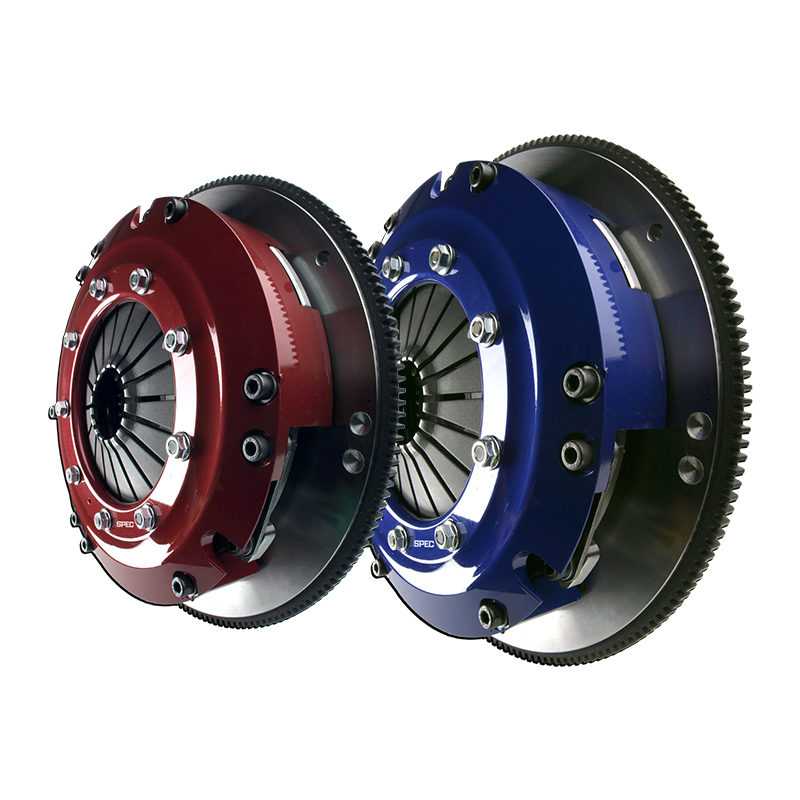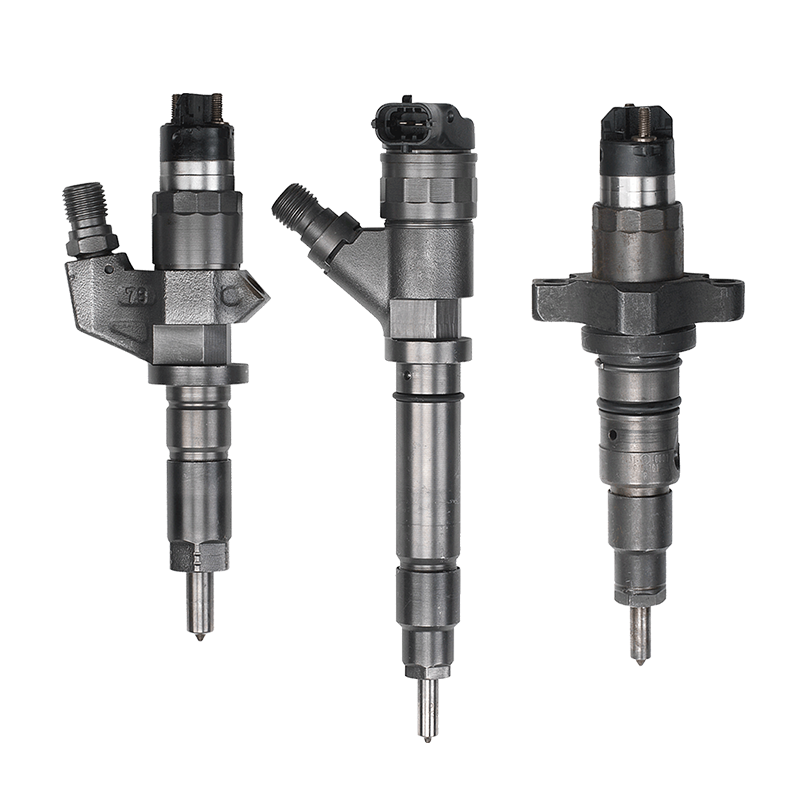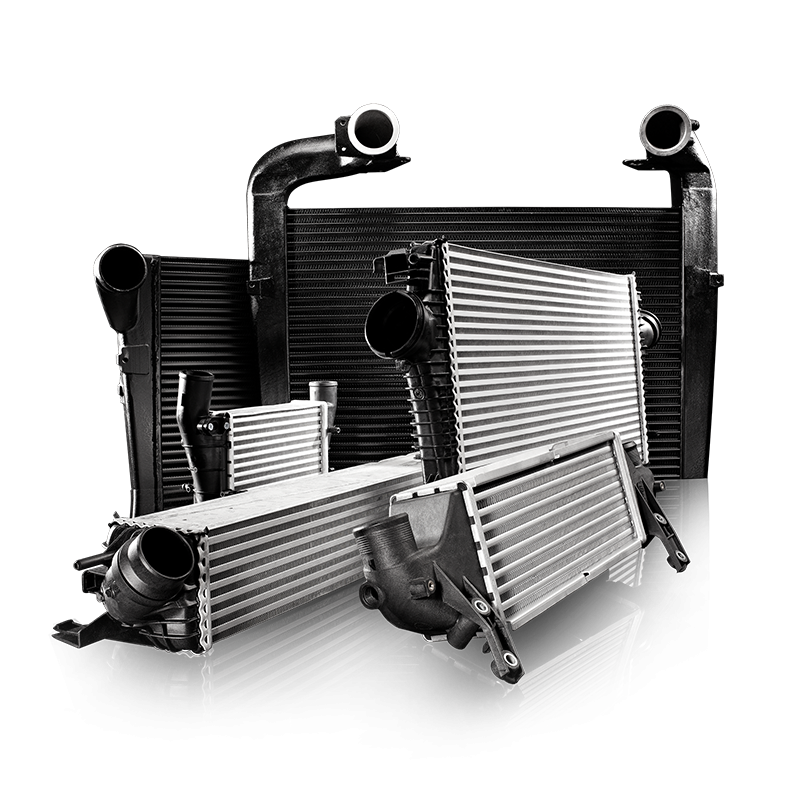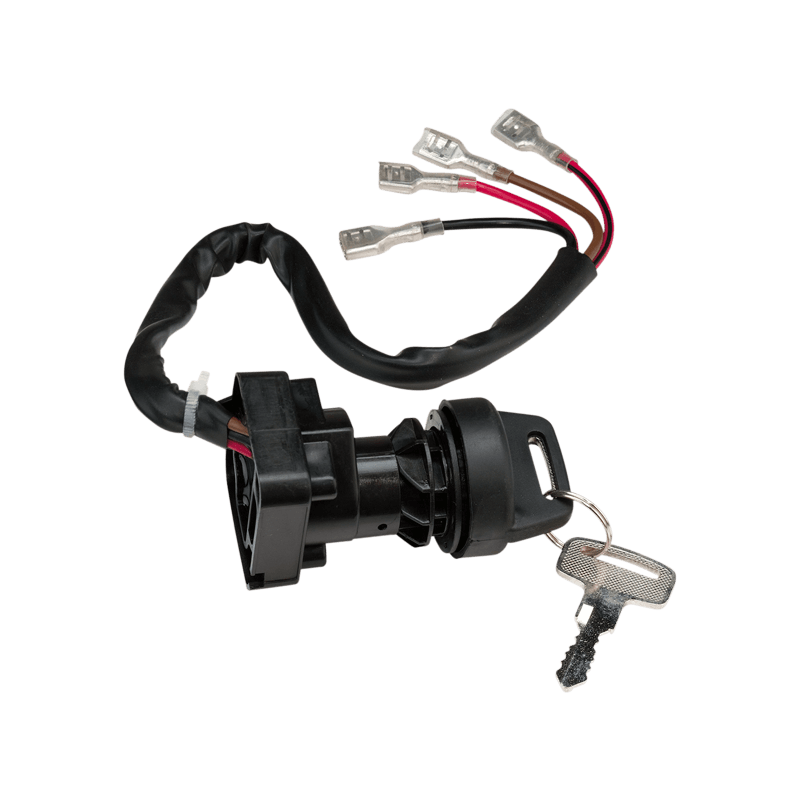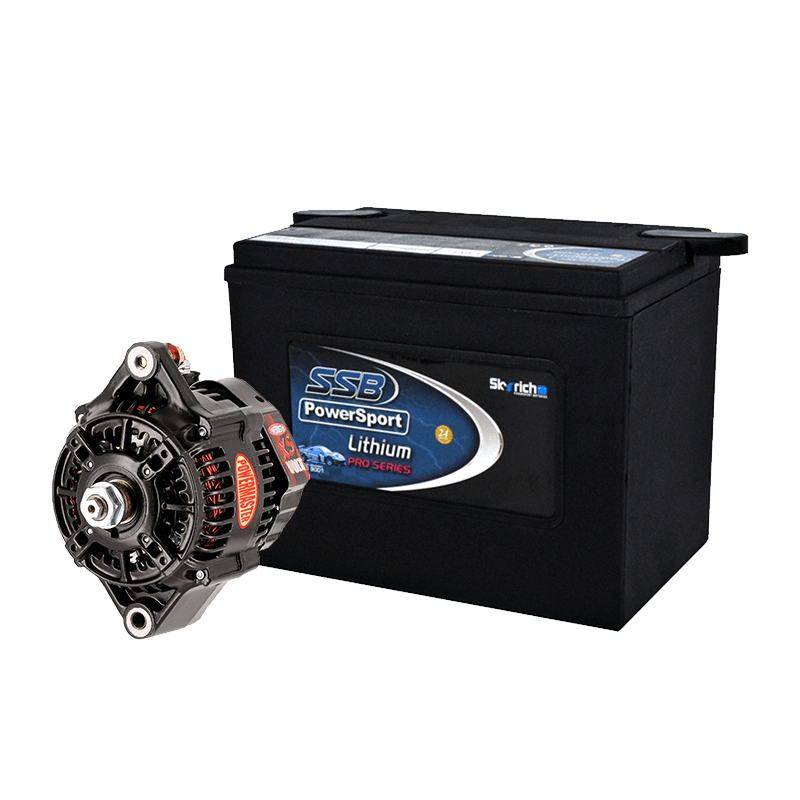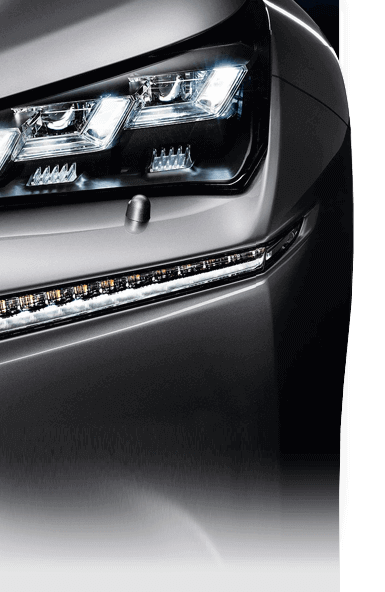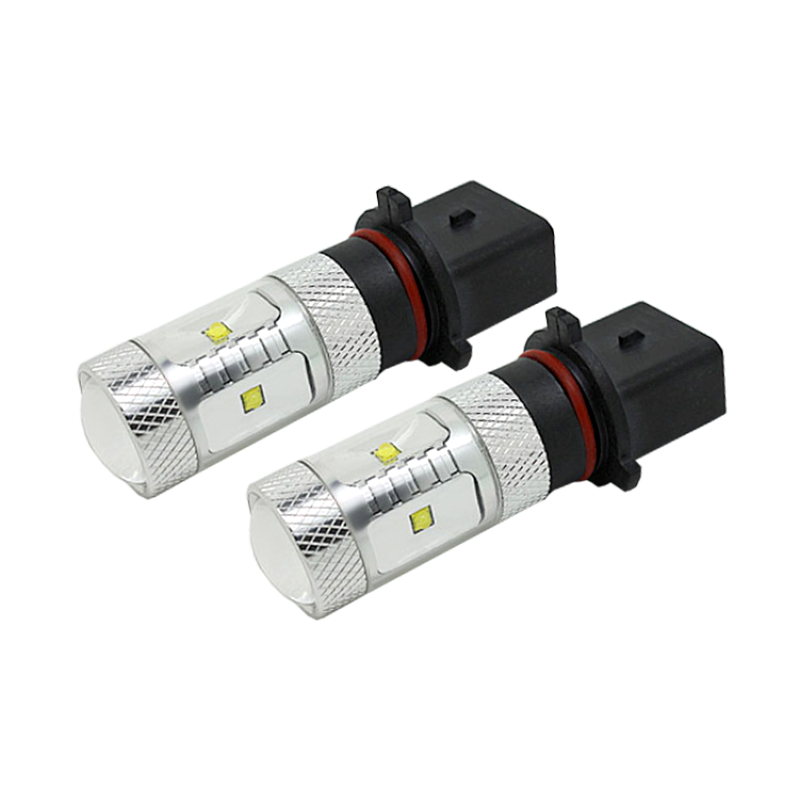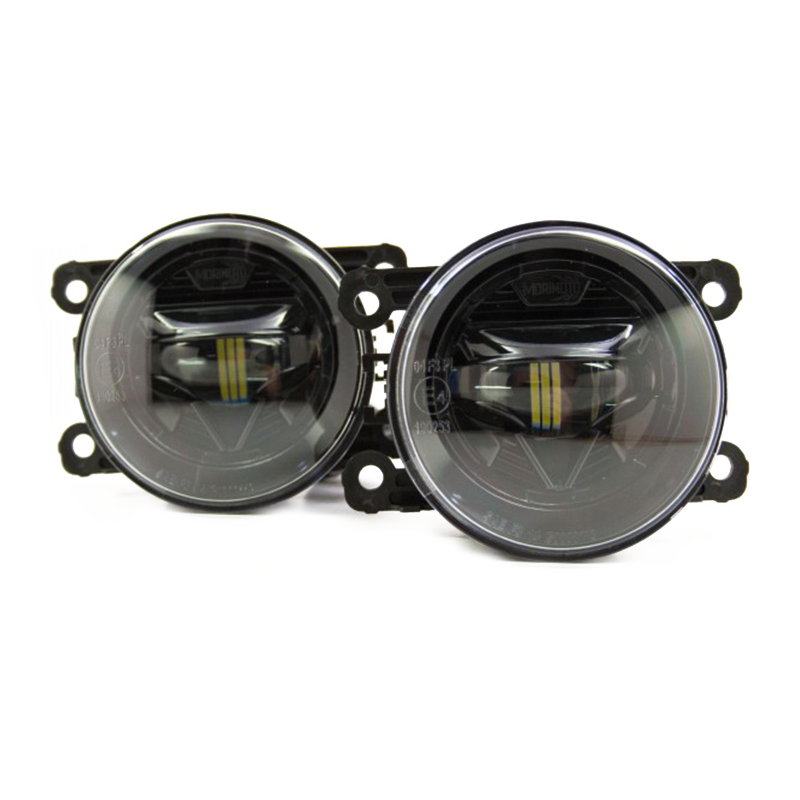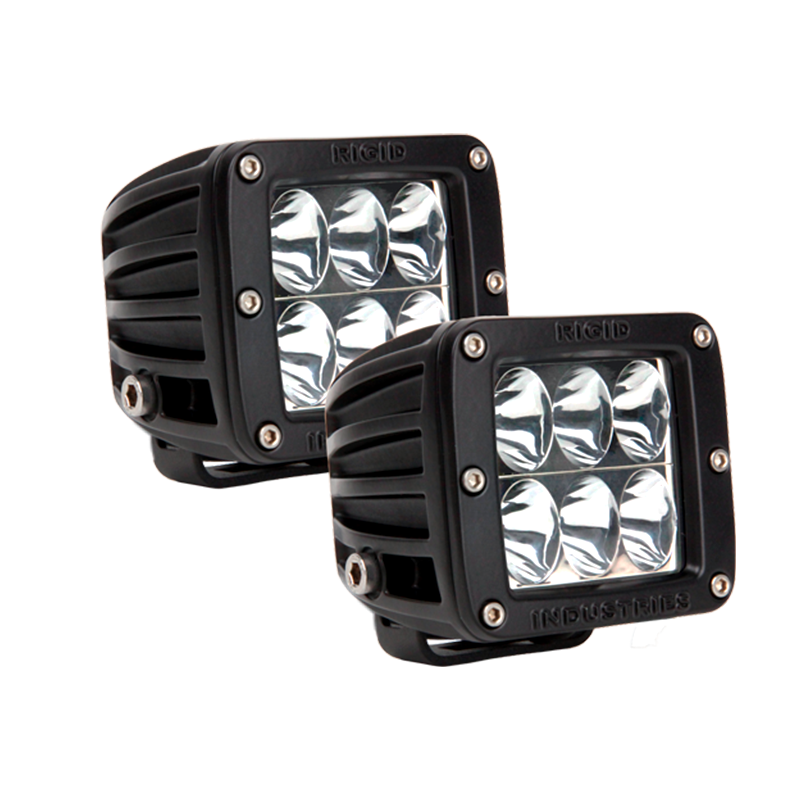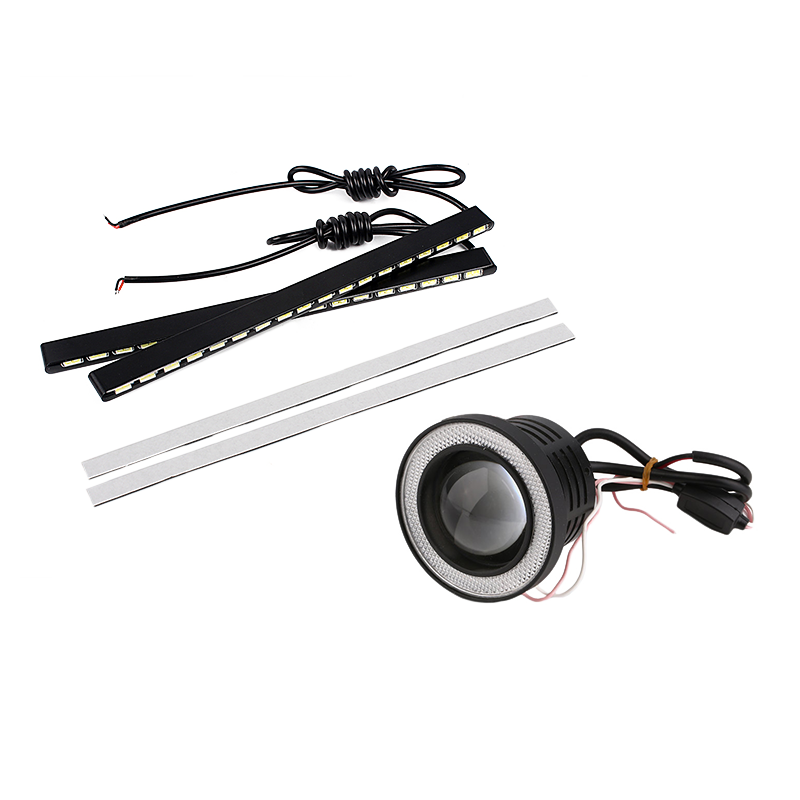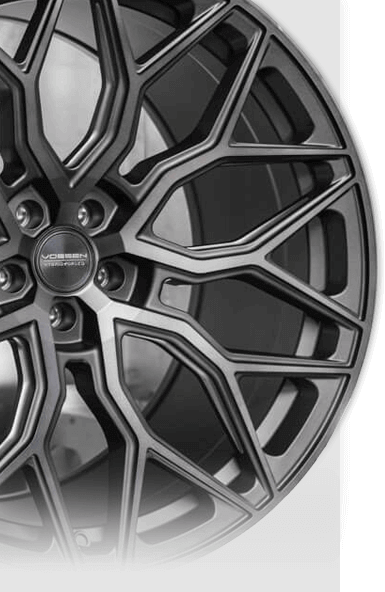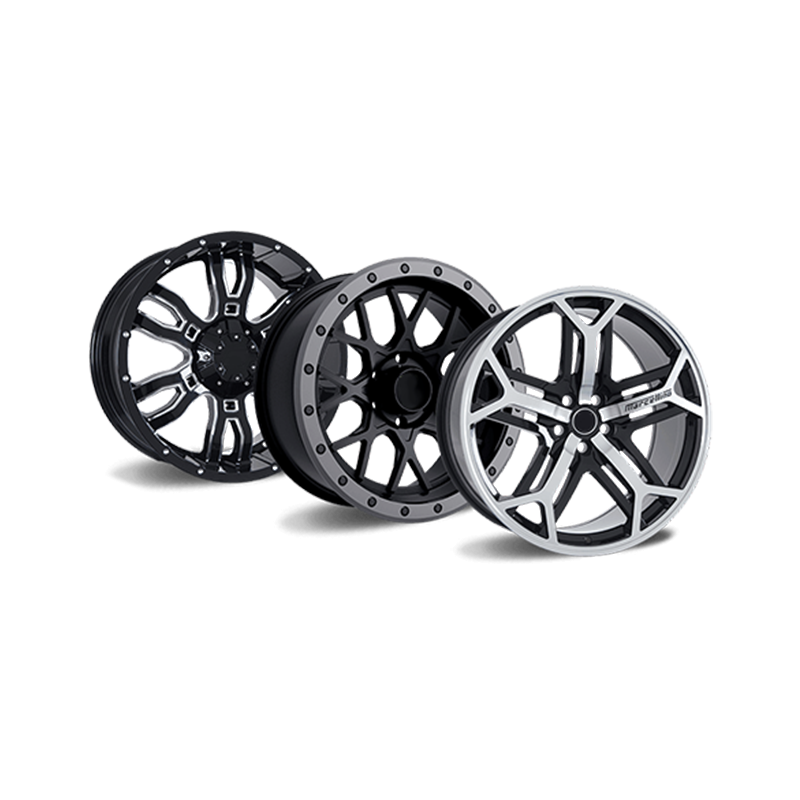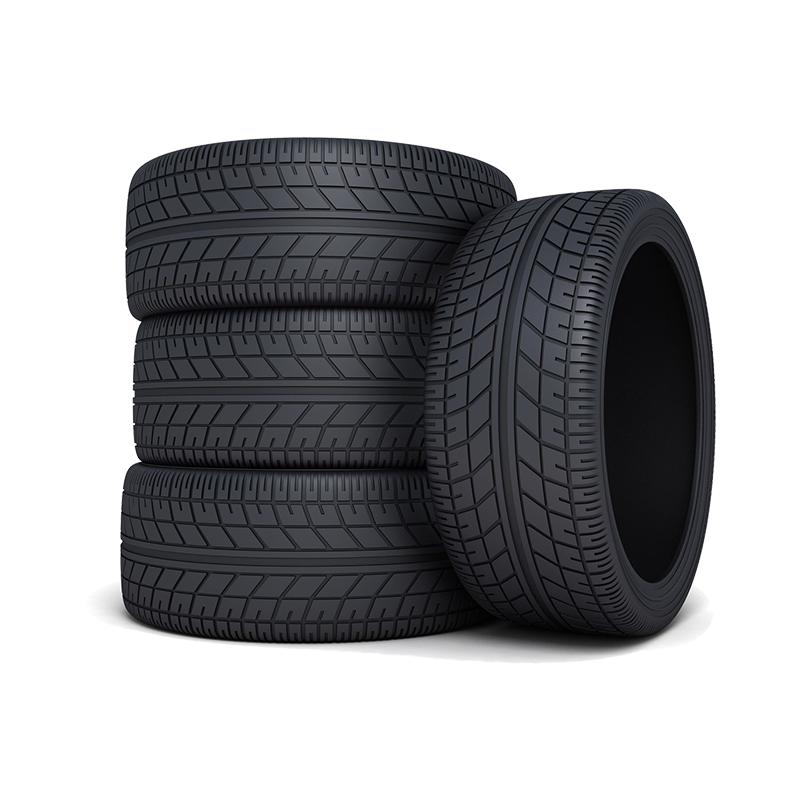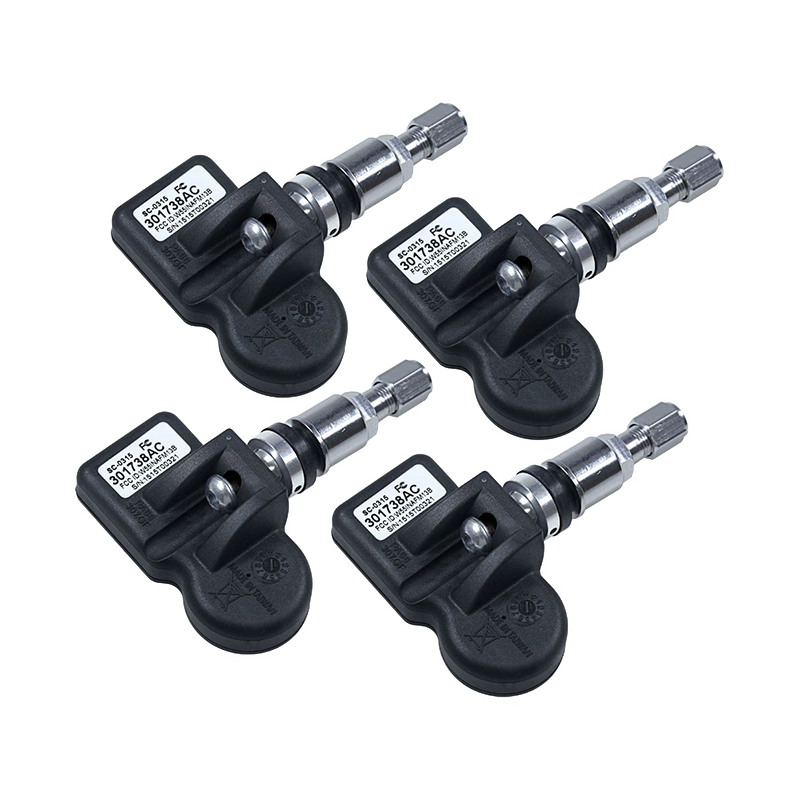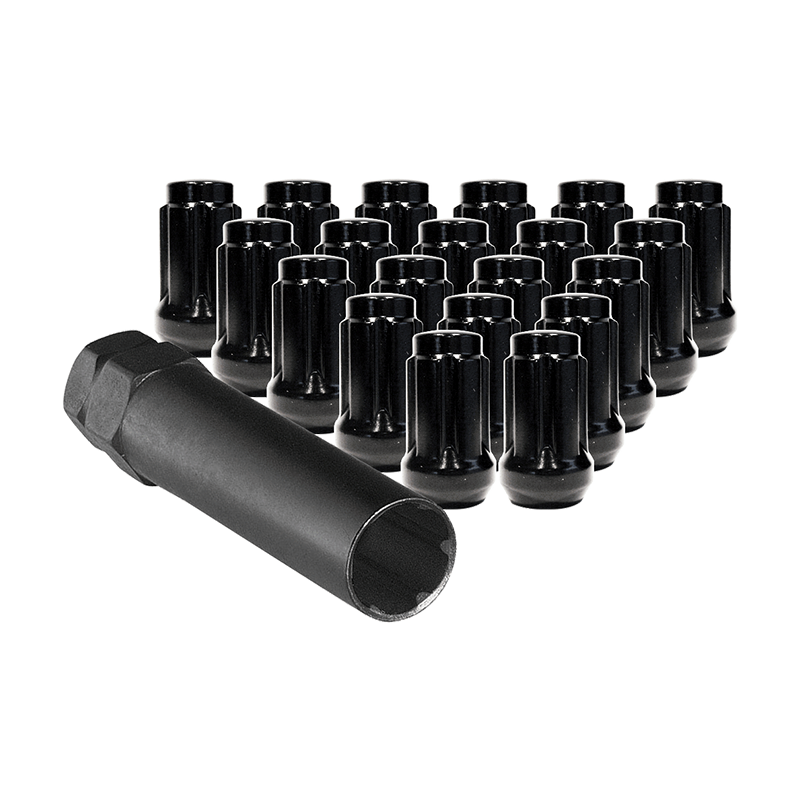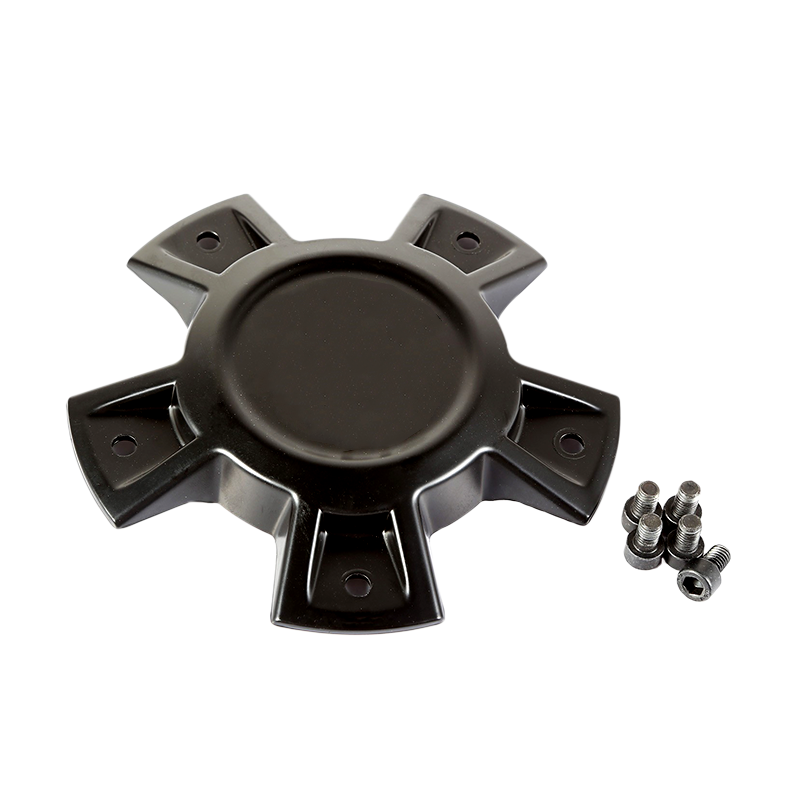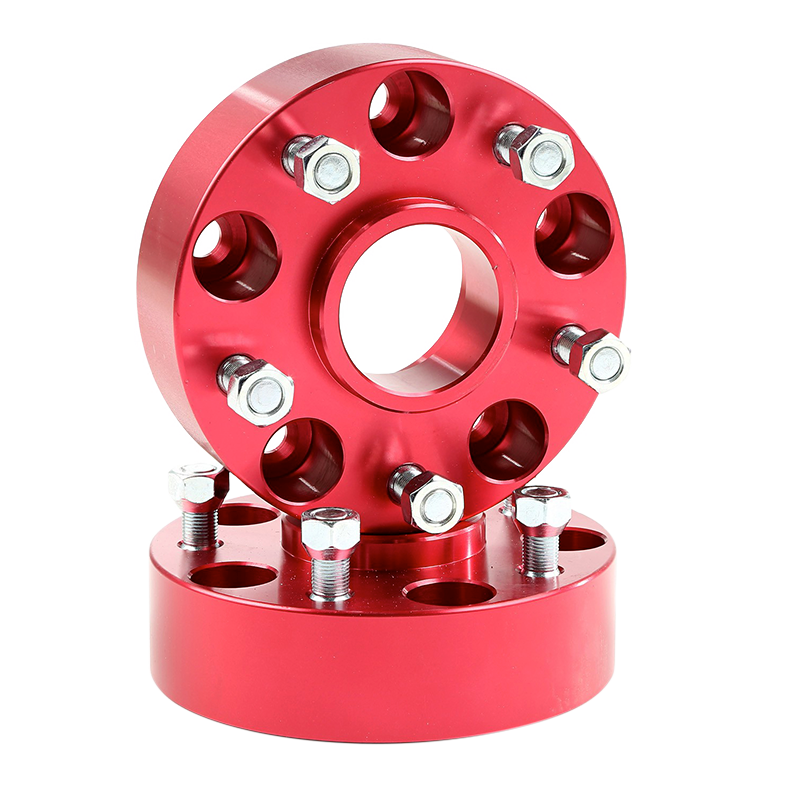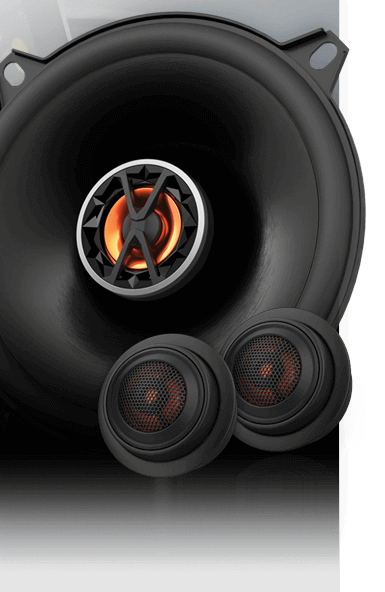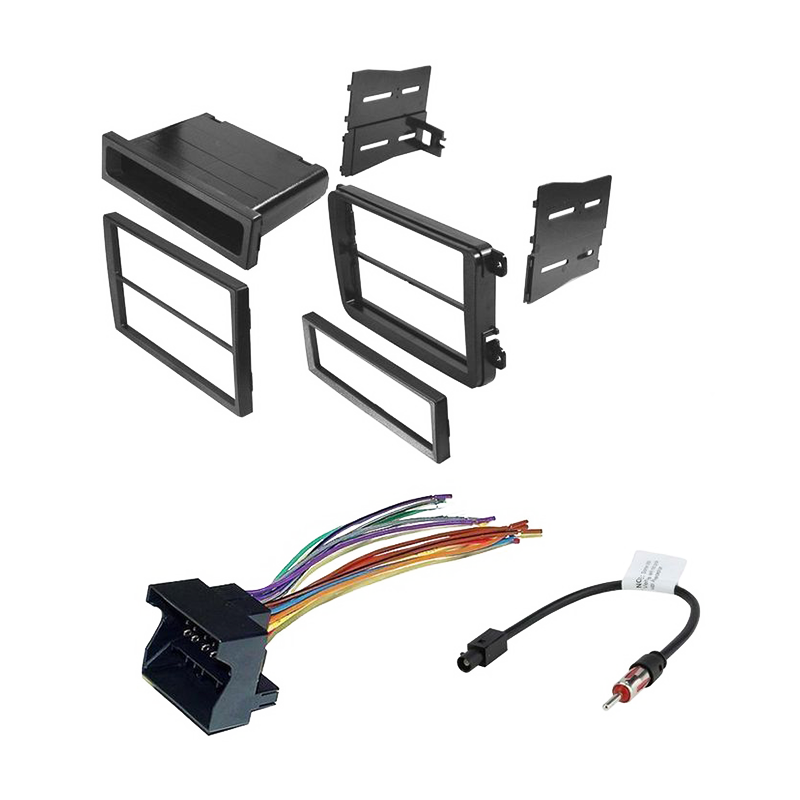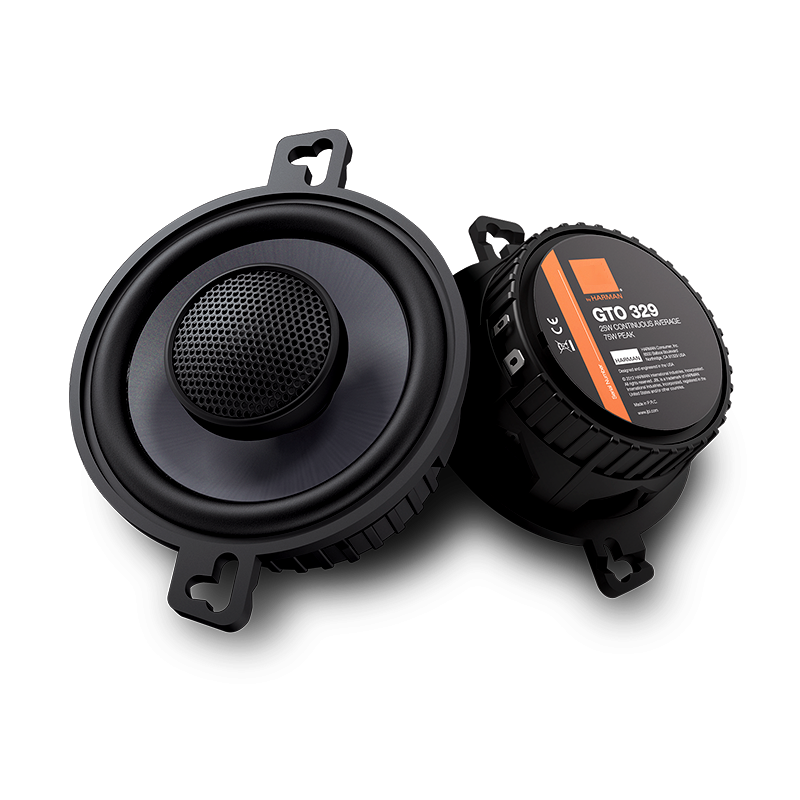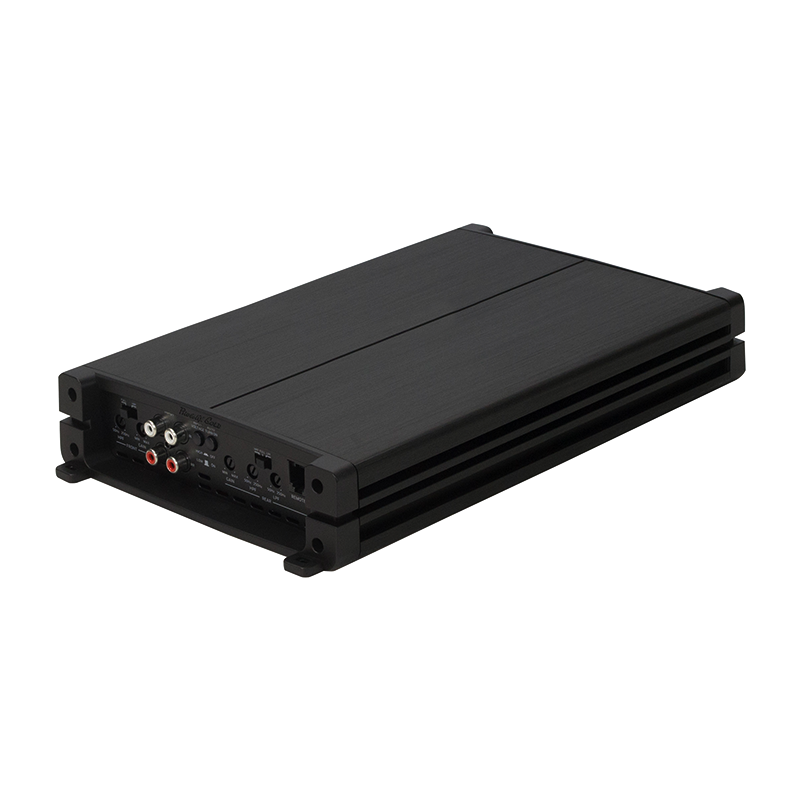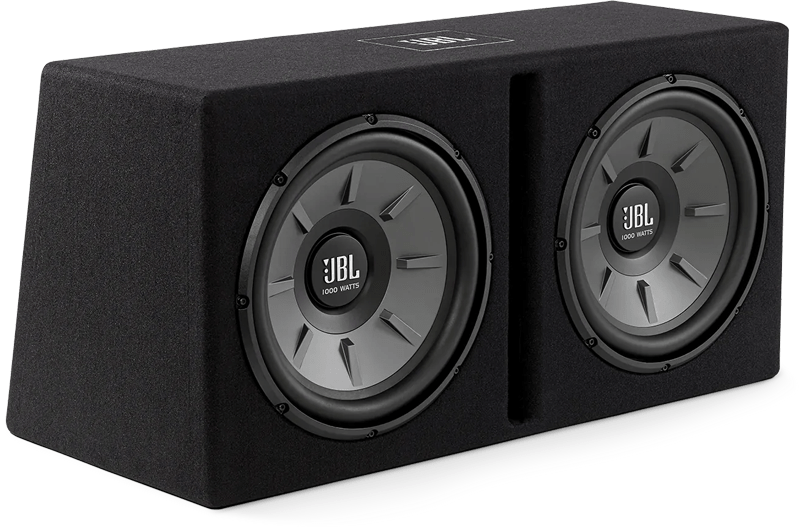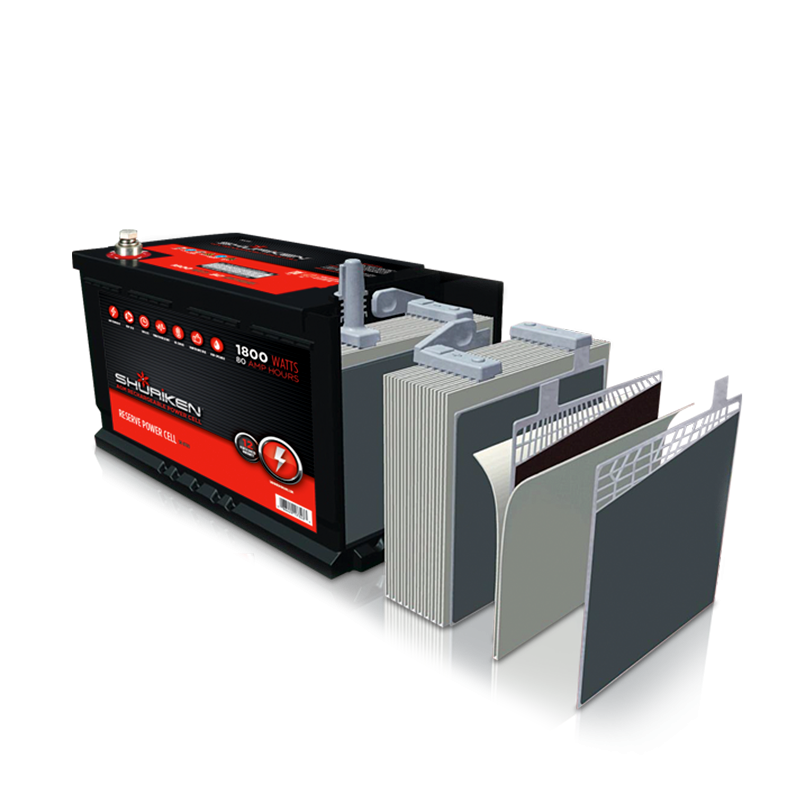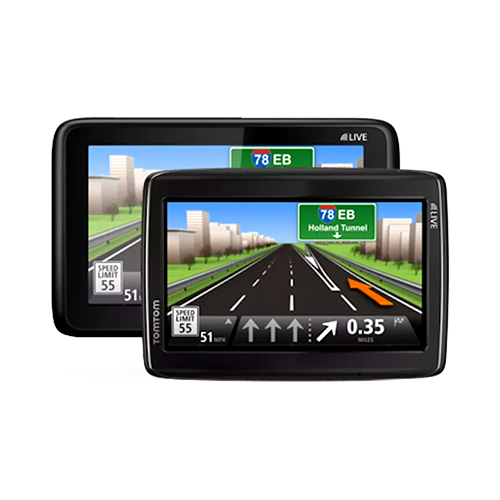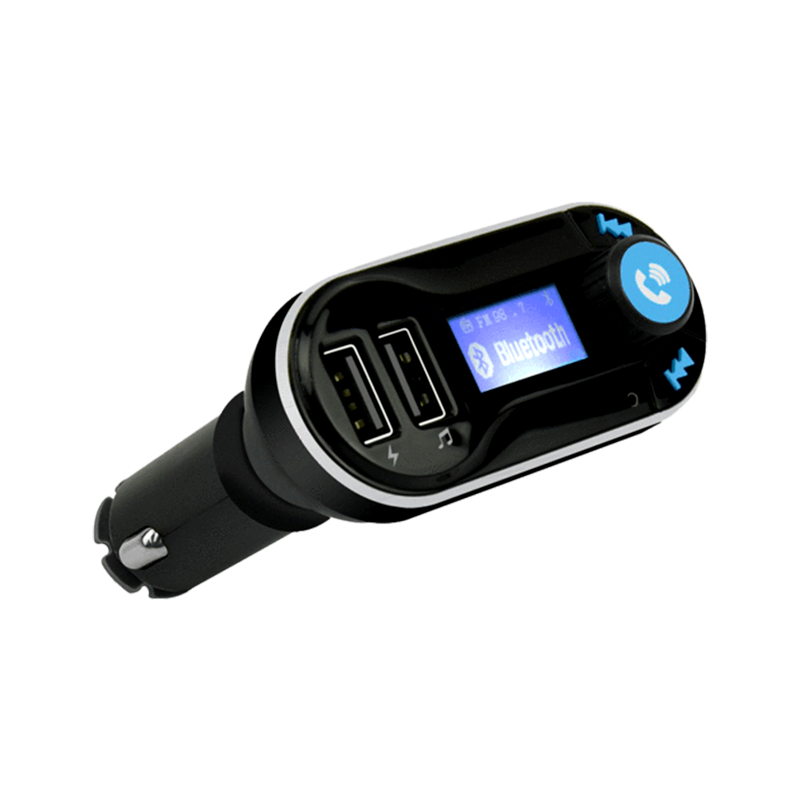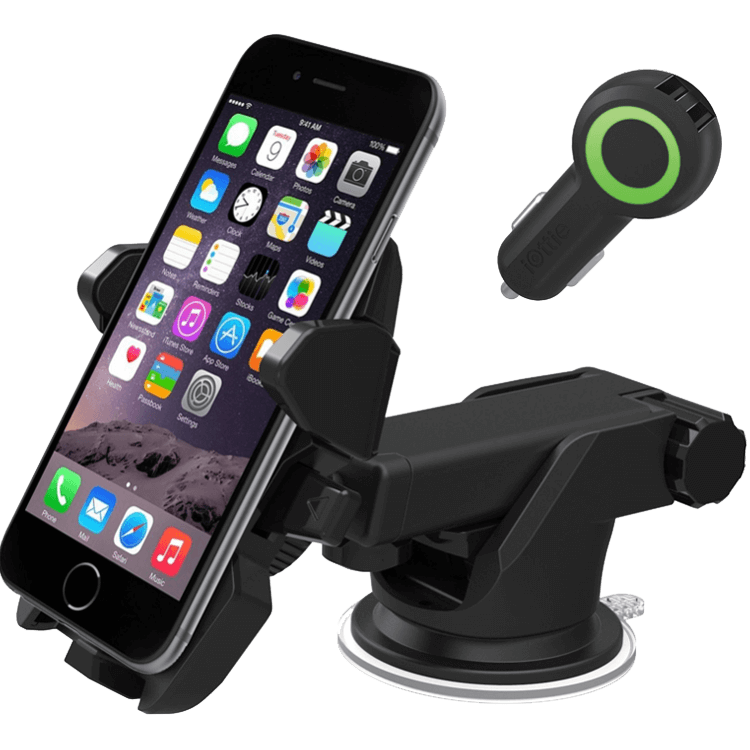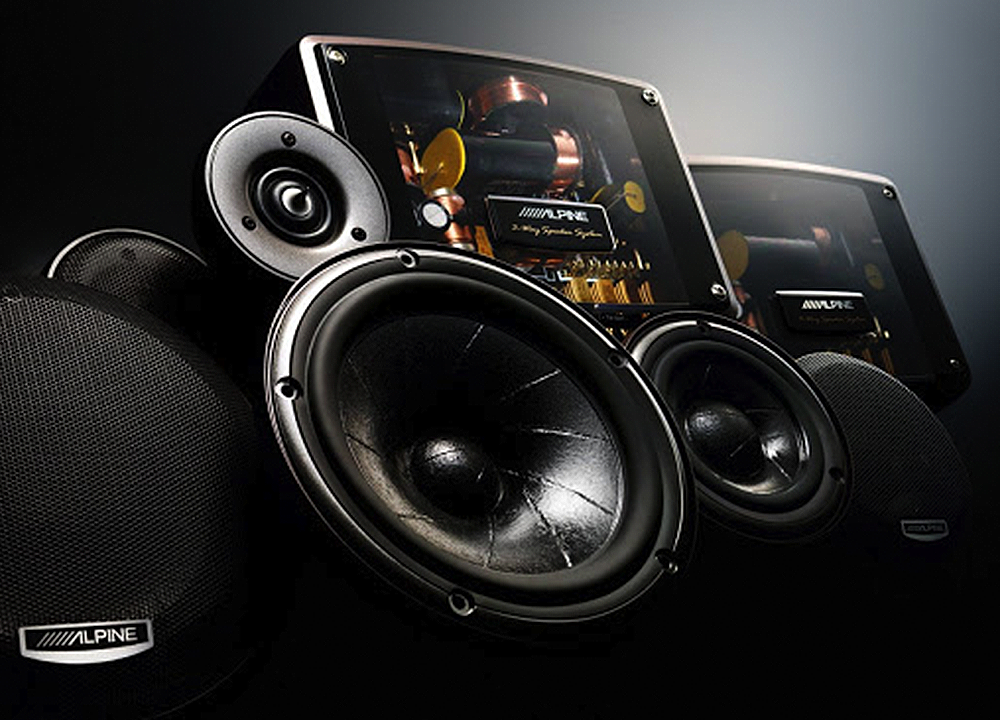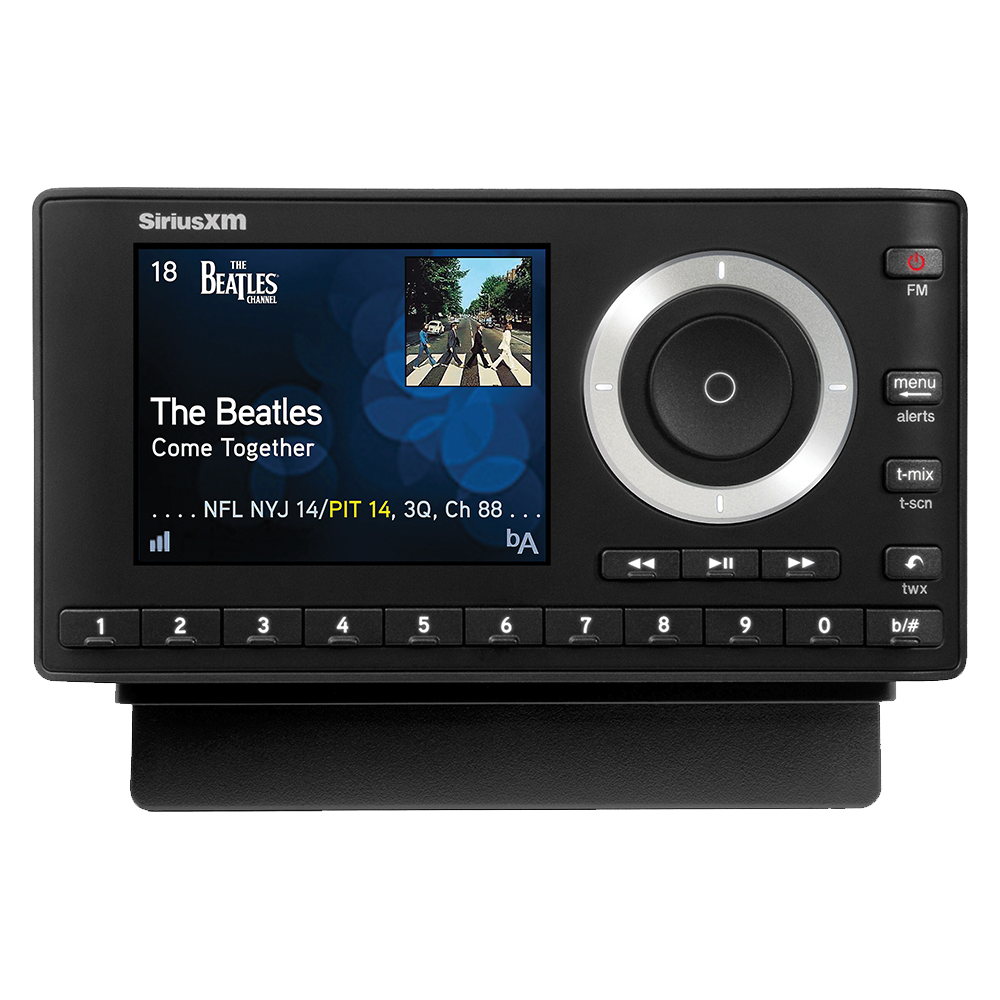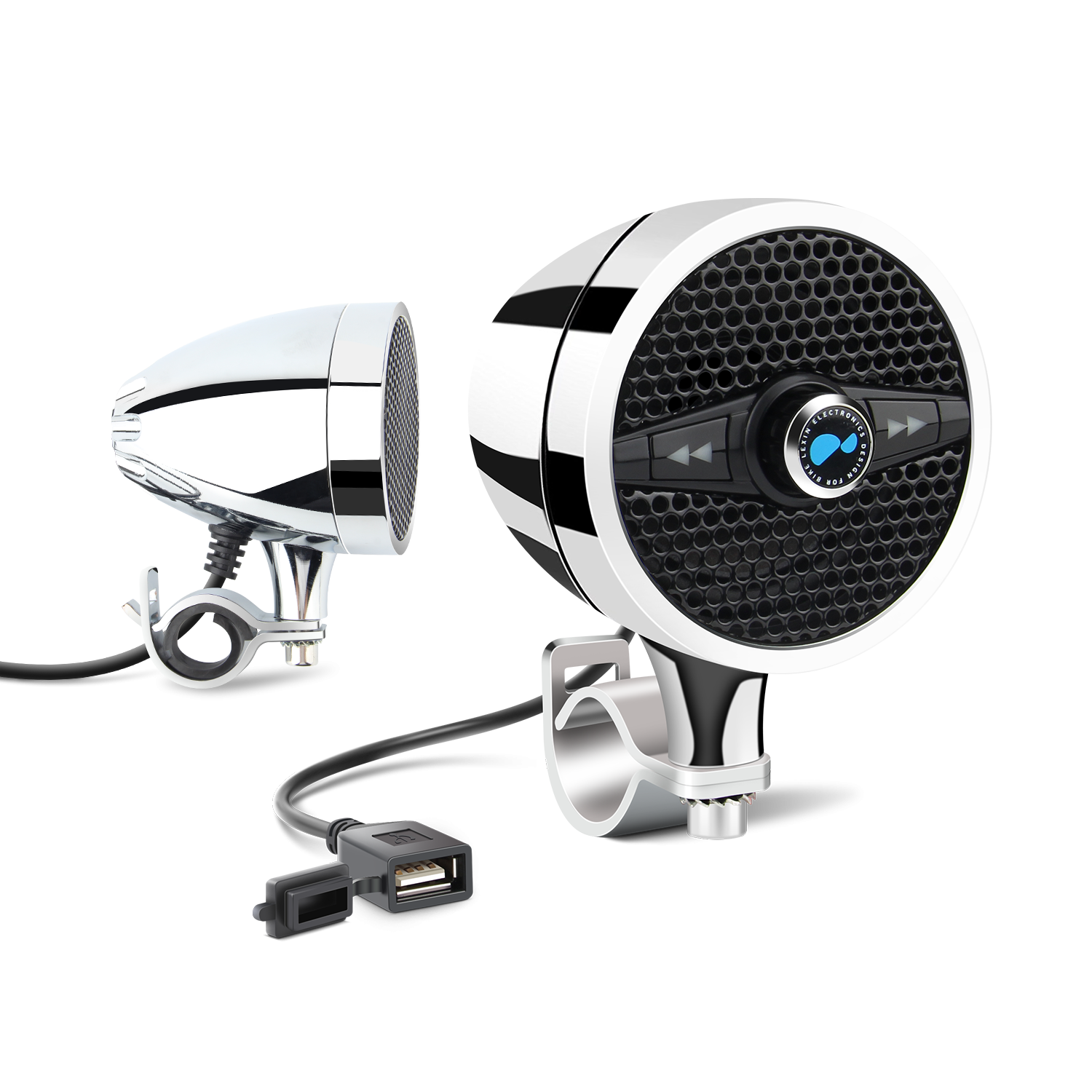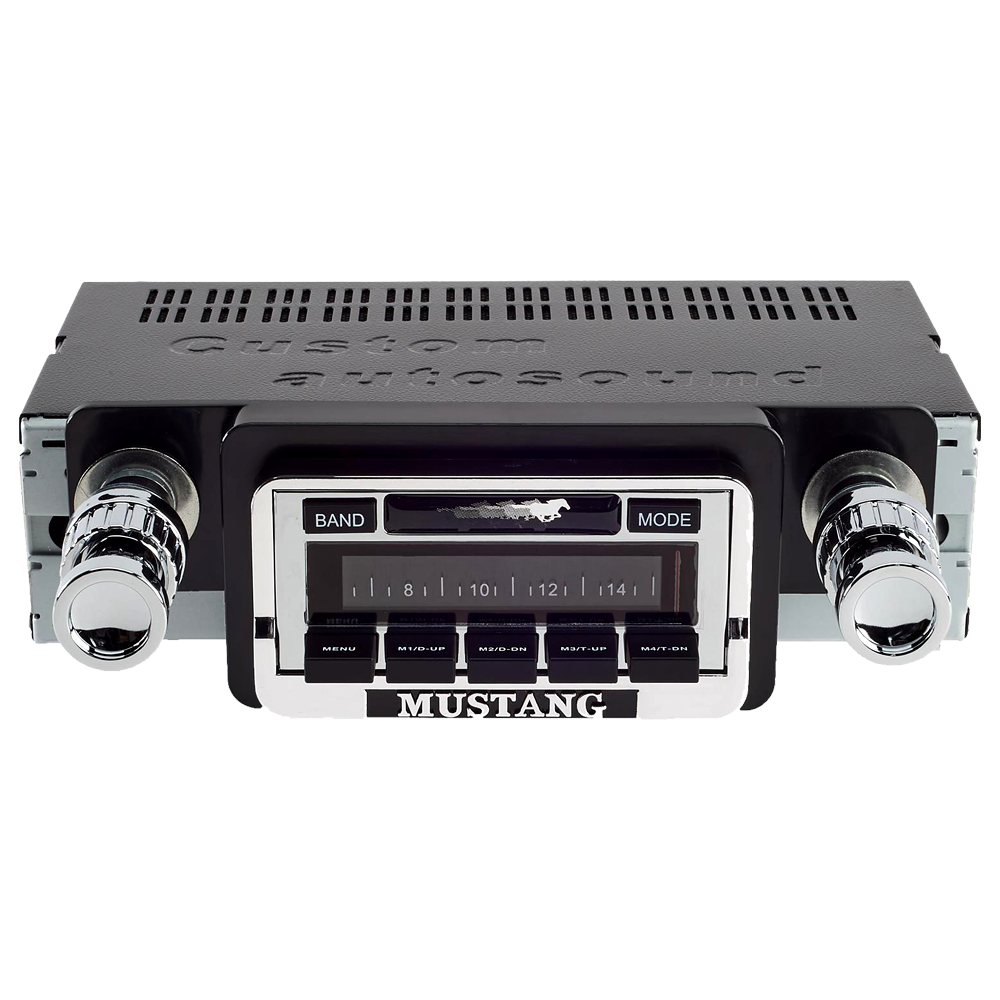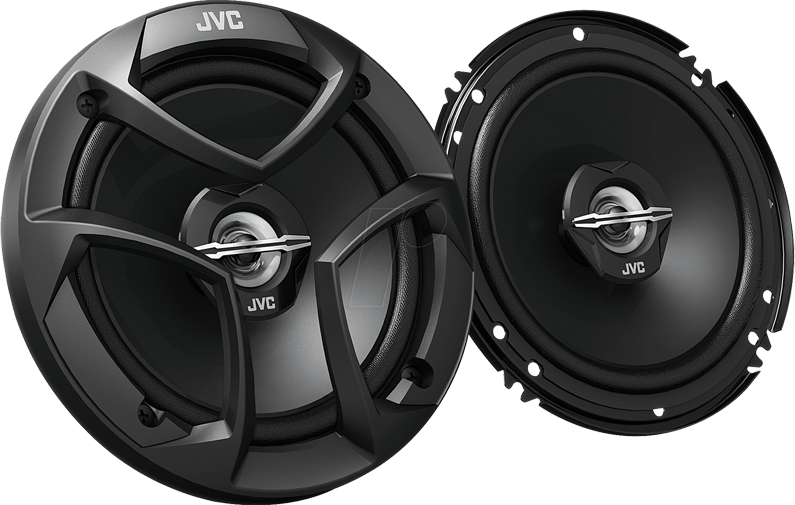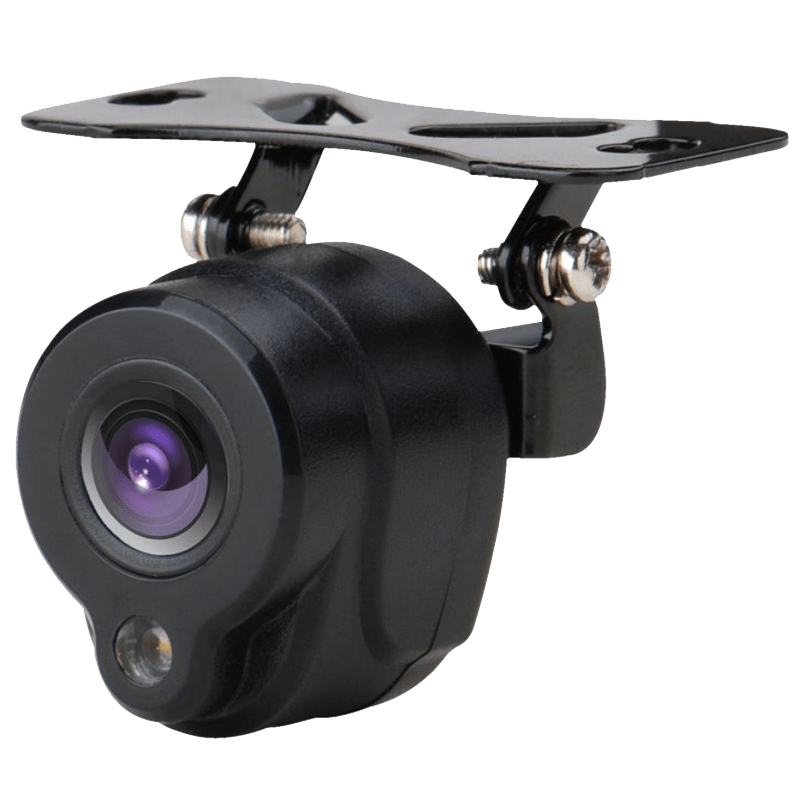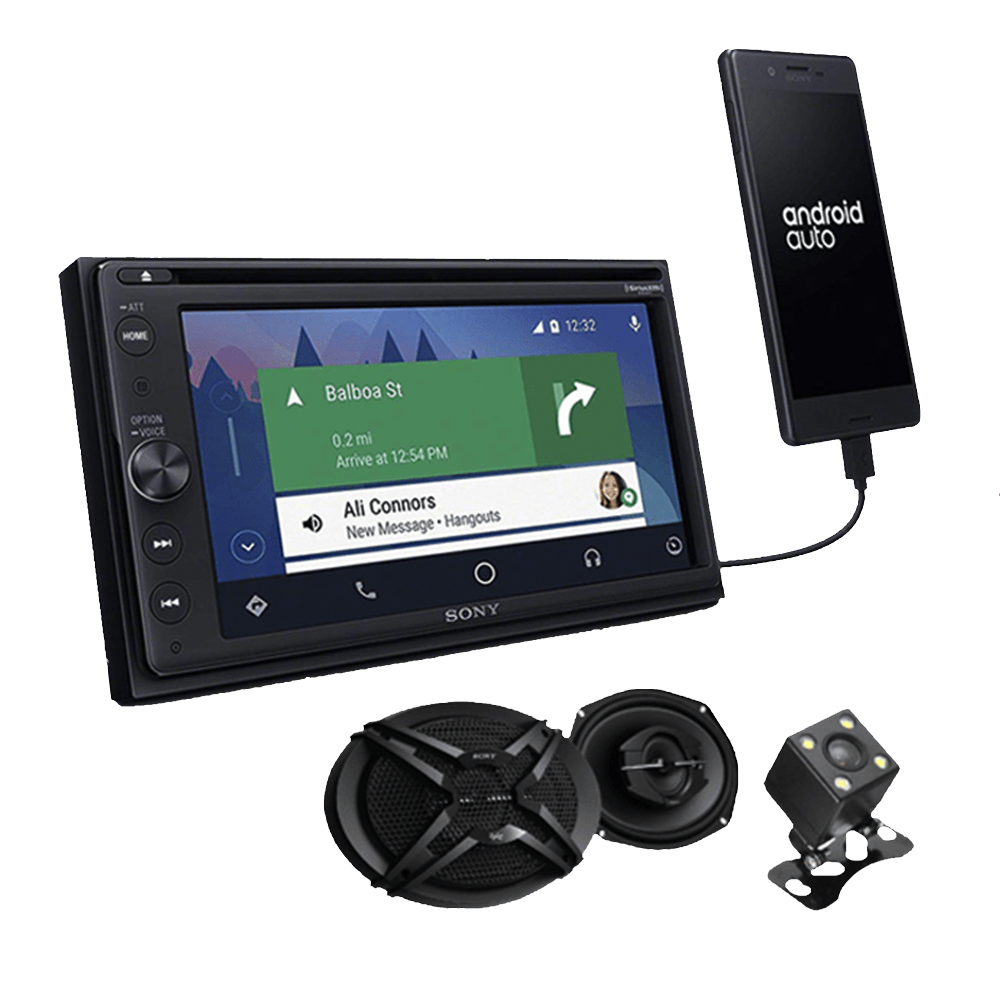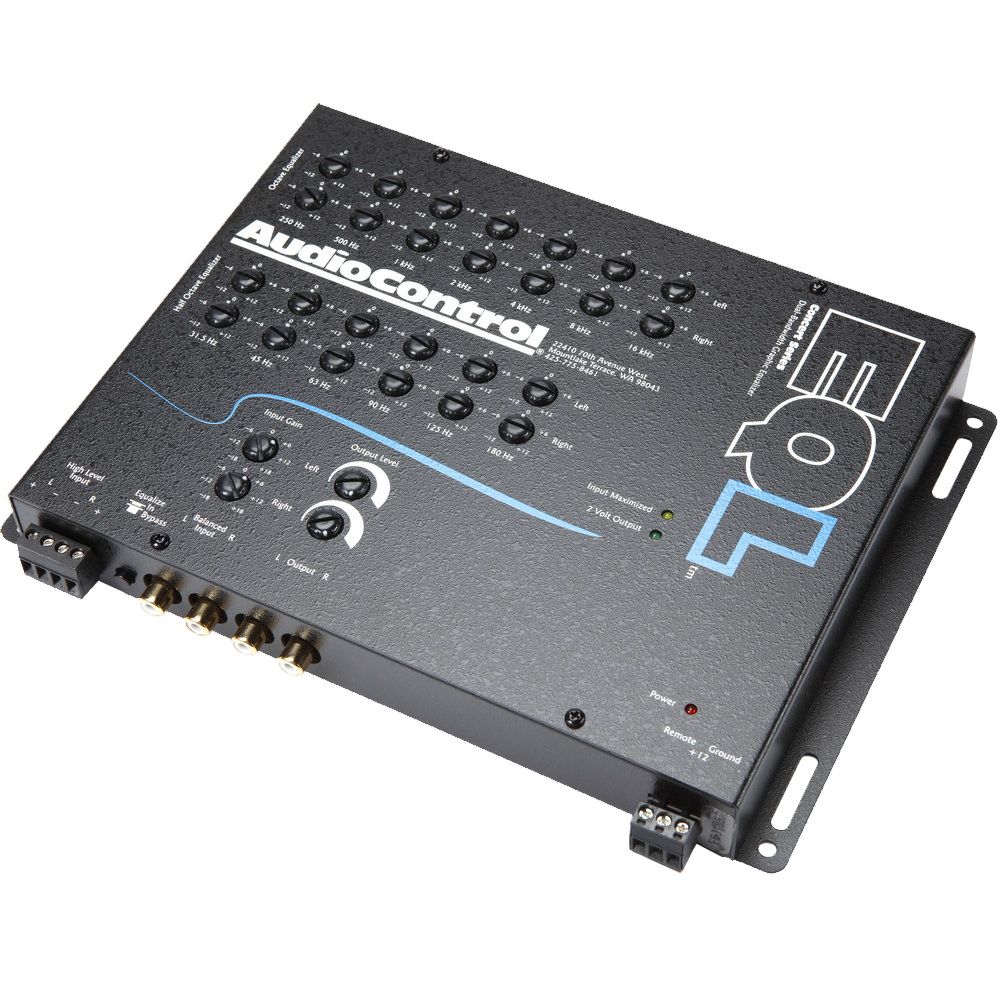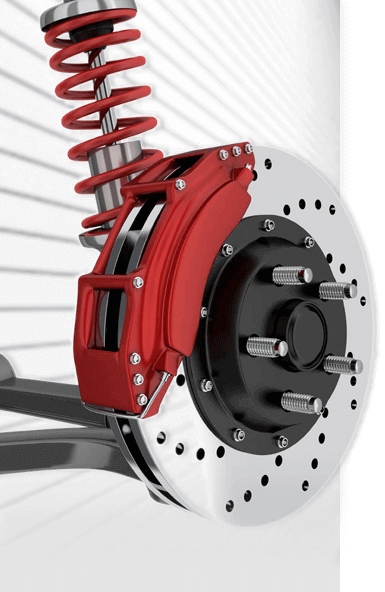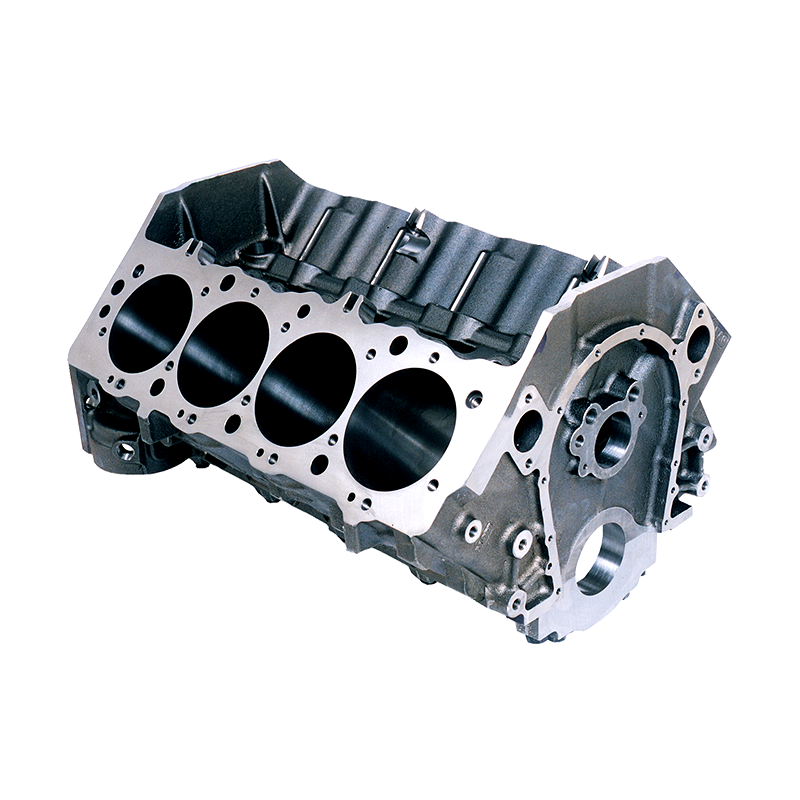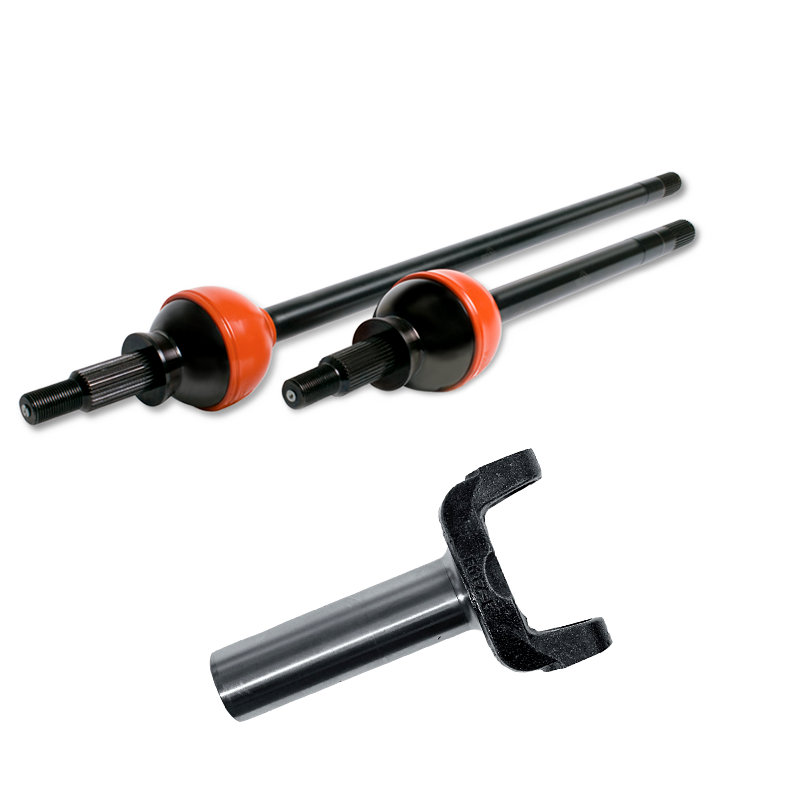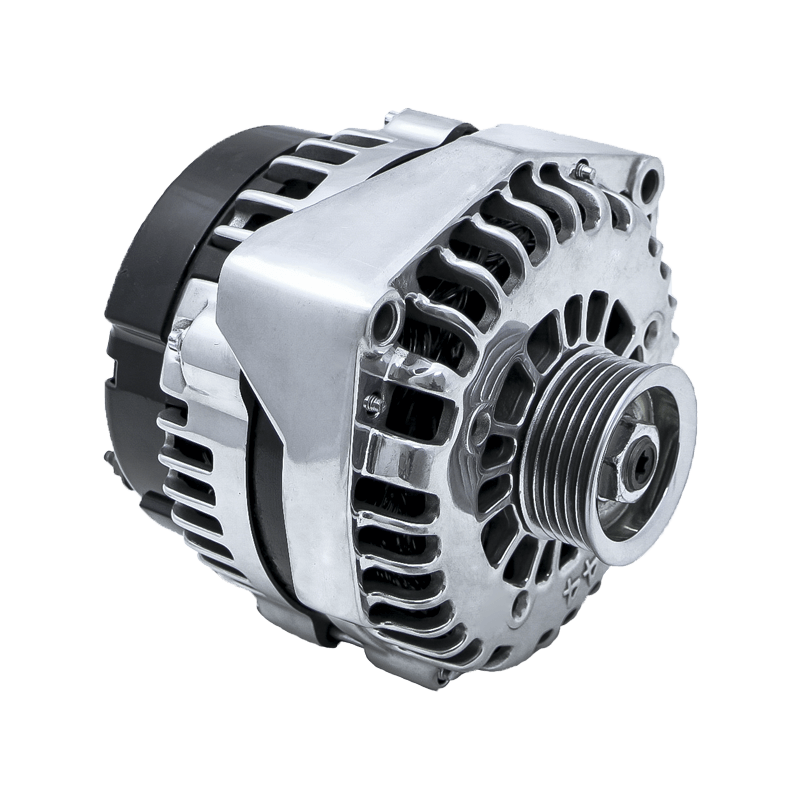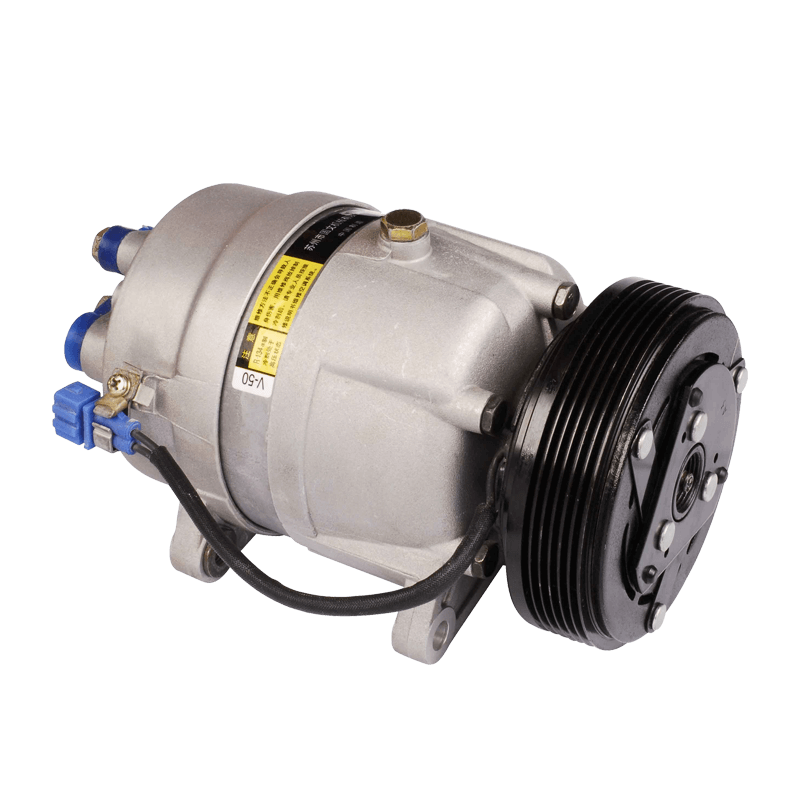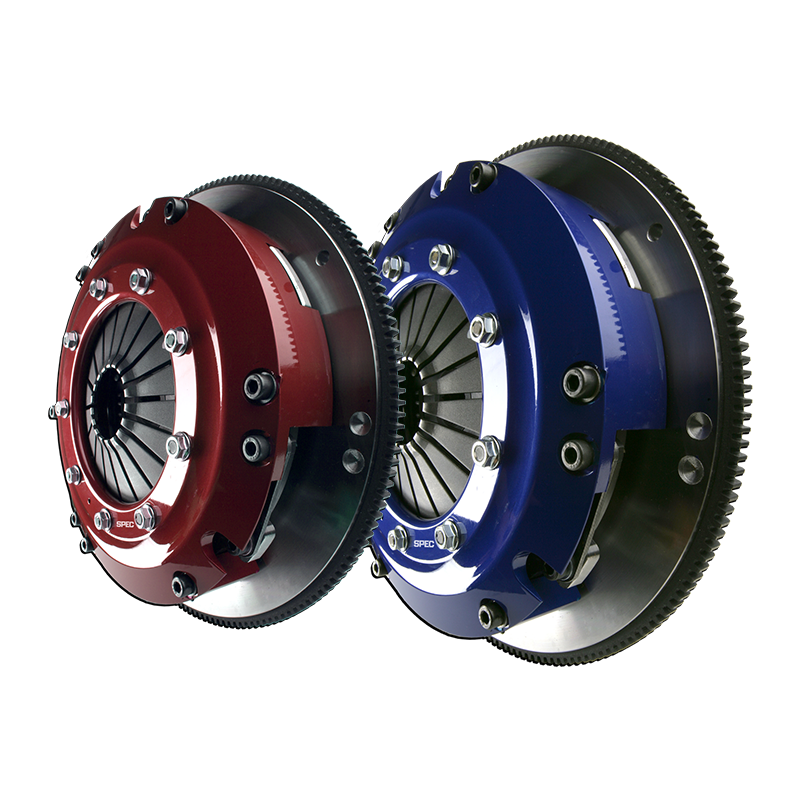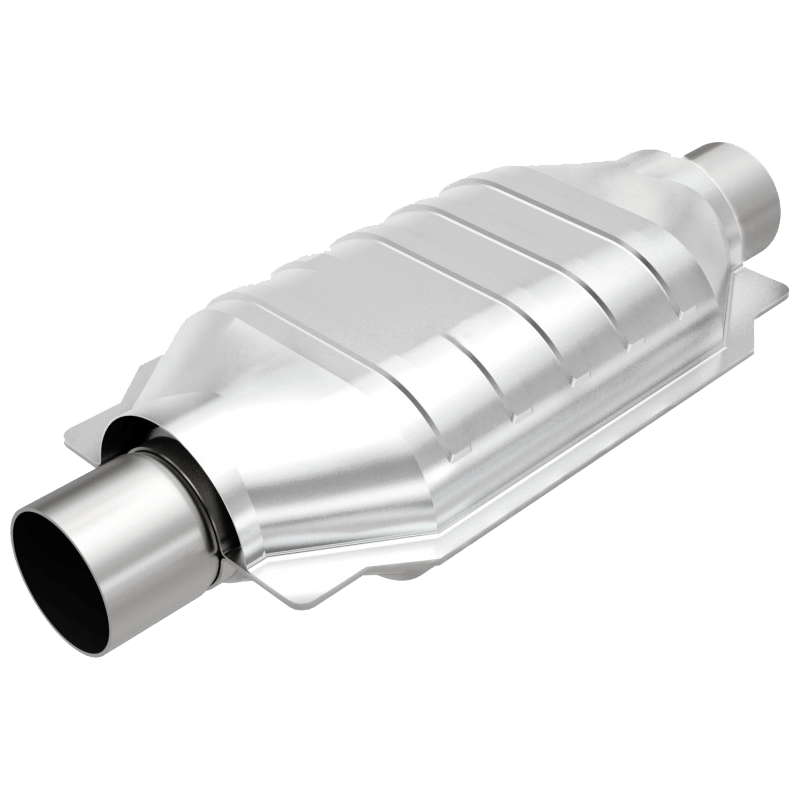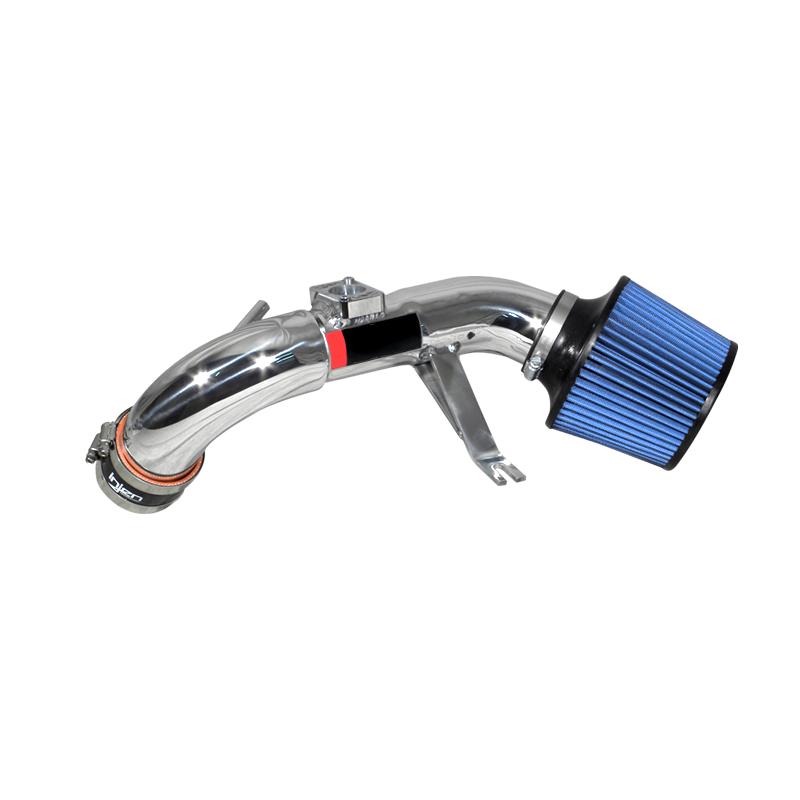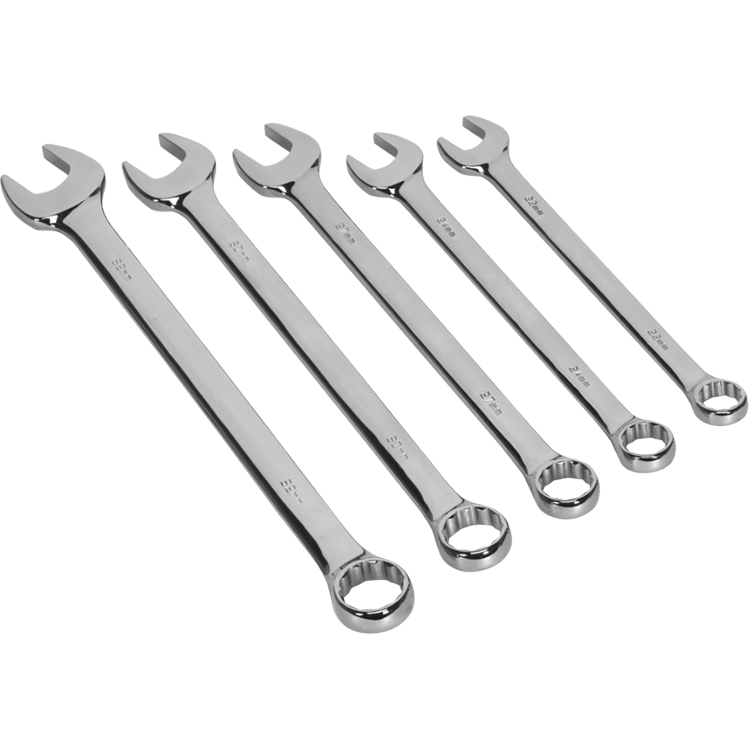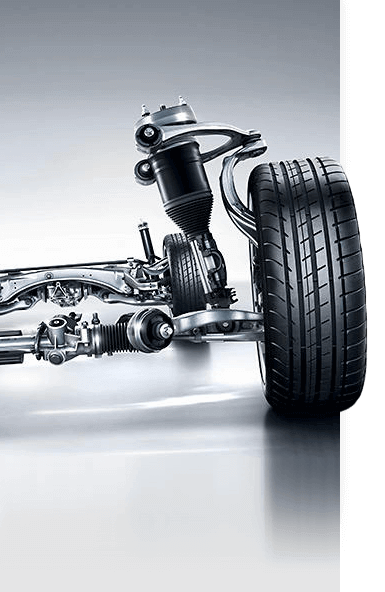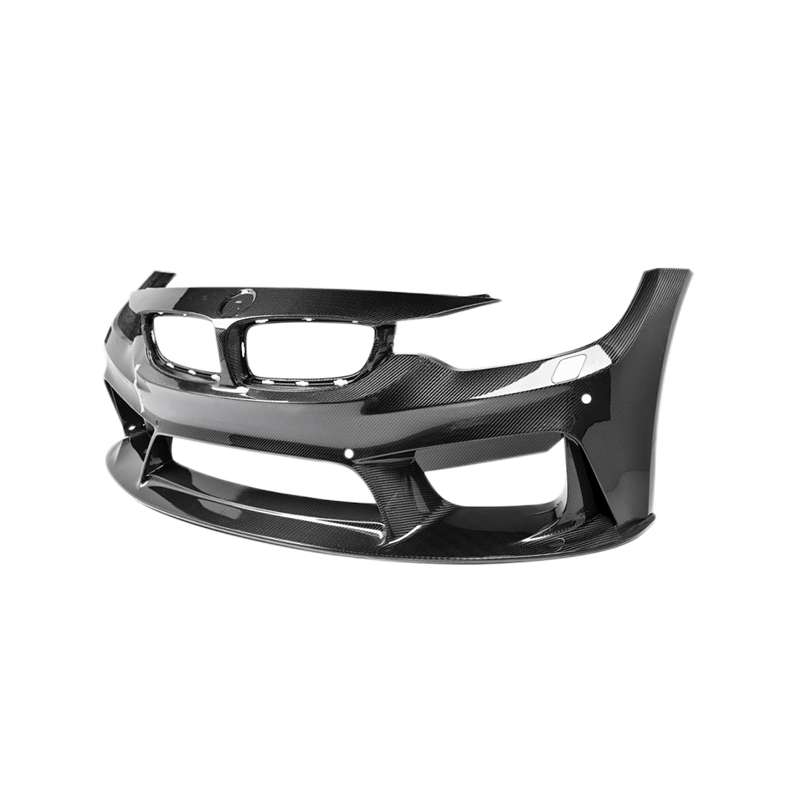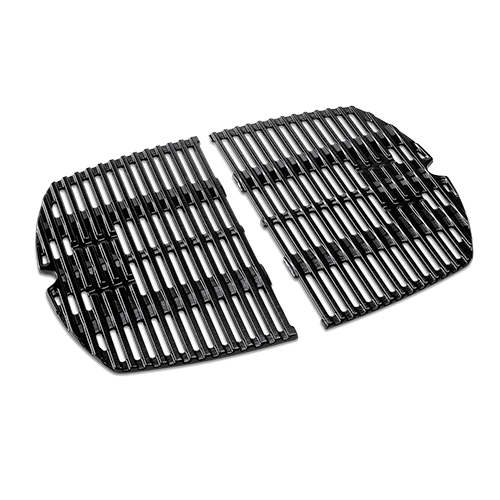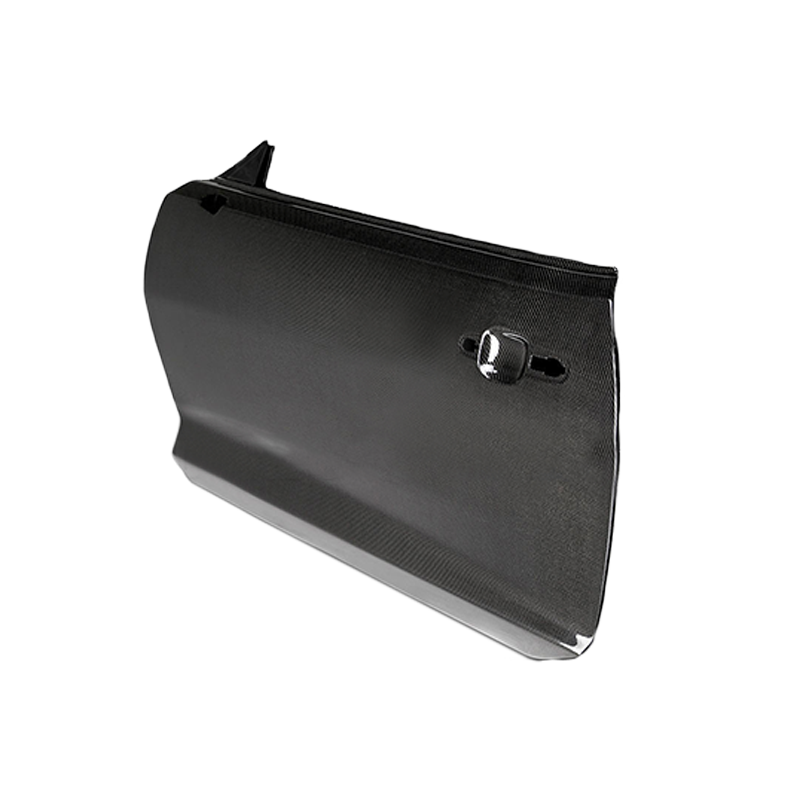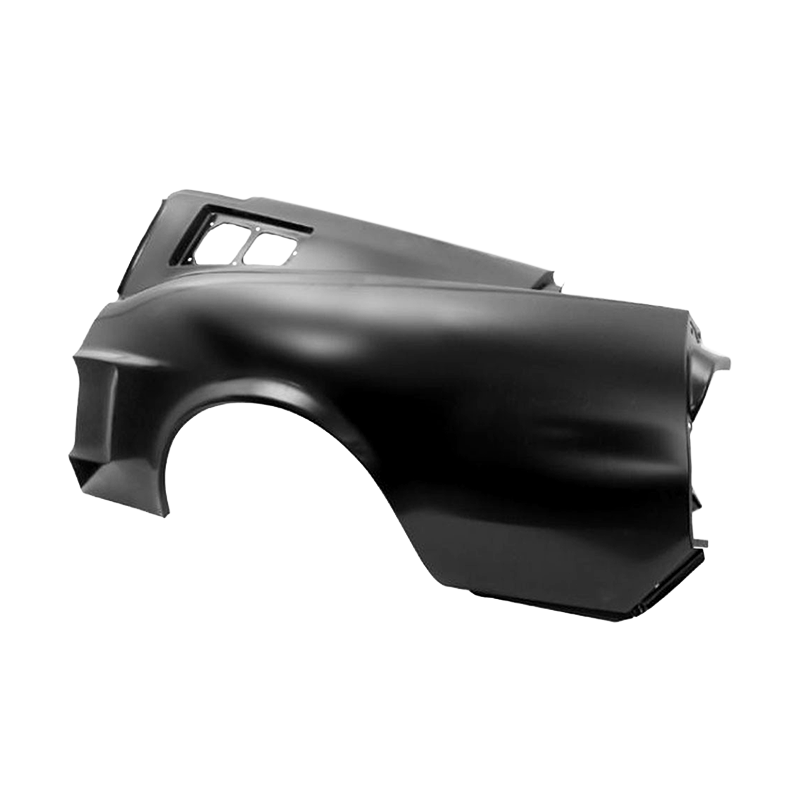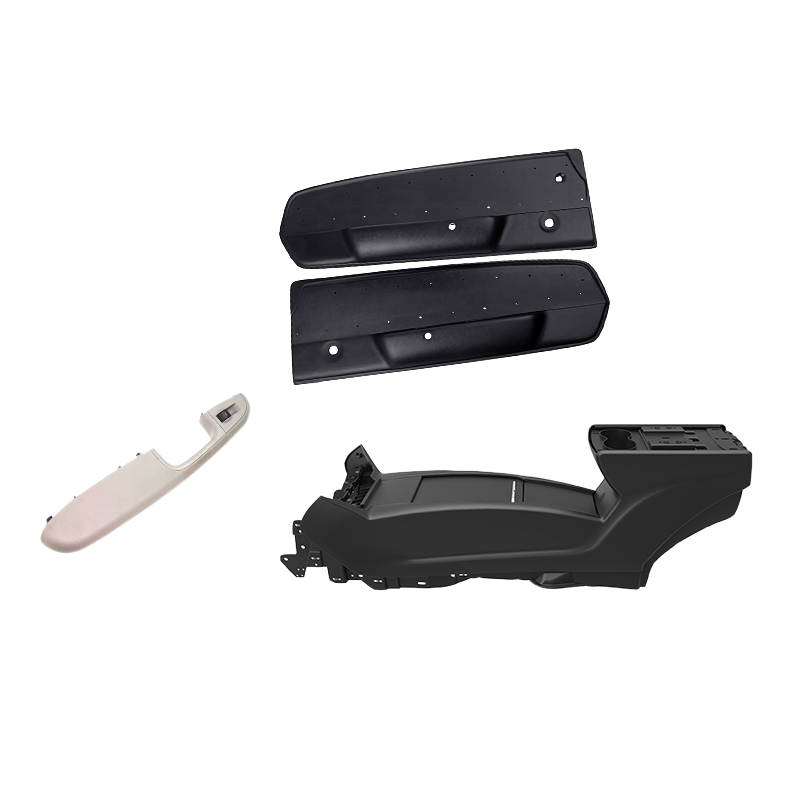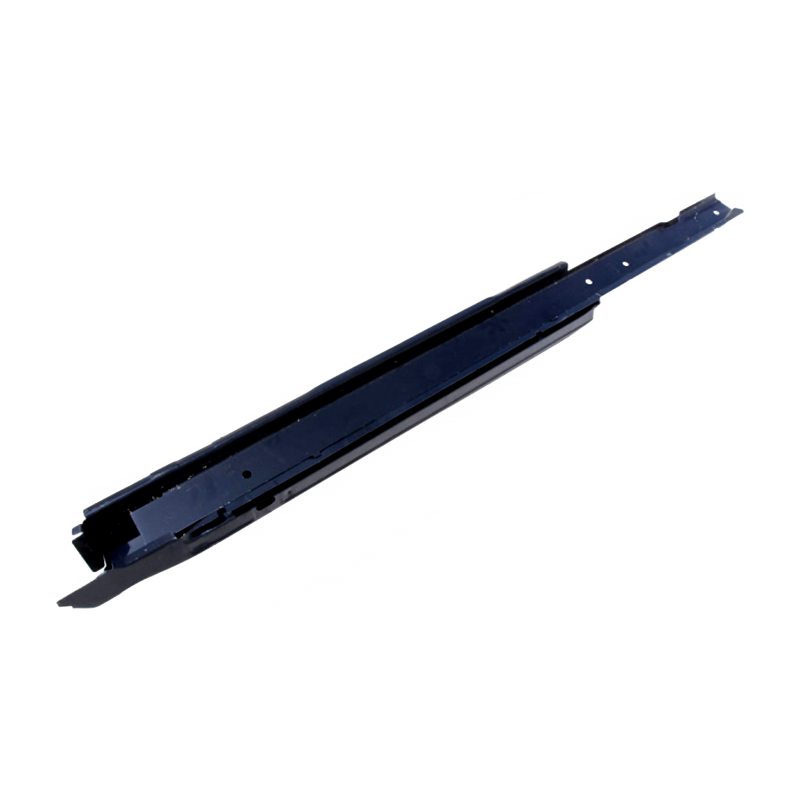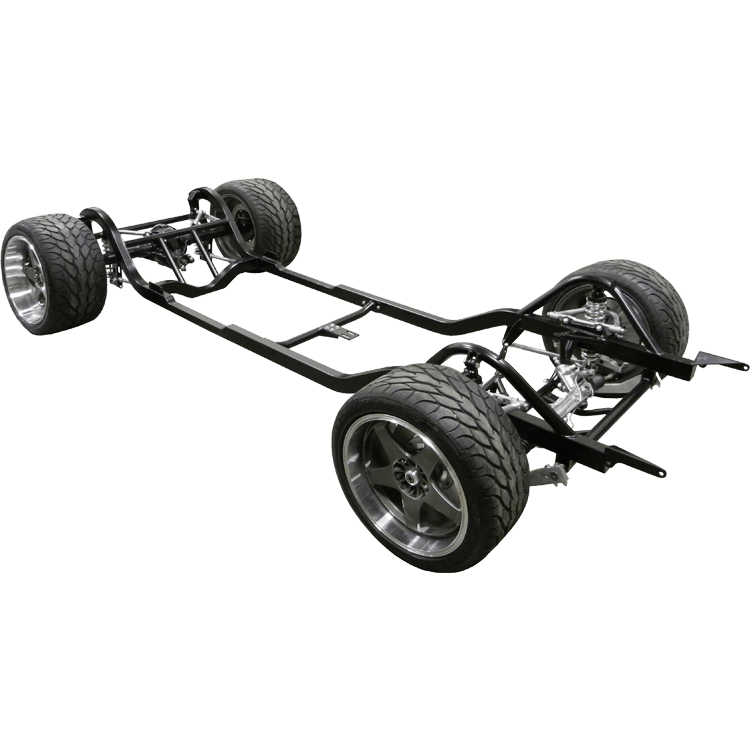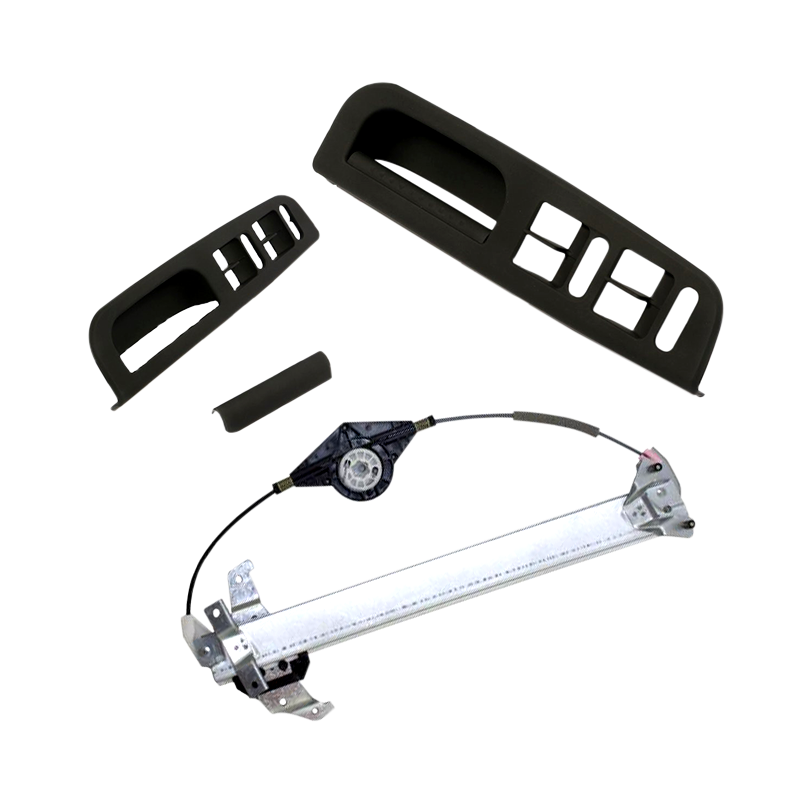This technology will automate most jobs and drive more economic efficiency. However, aside from safety, another primary concern of Americans is self-driving trucks economic impact on drivers’ jobs. Would it be a financial tsunami that would swallow one of the most common jobs in the US? We will probably find out in the next five to ten years because many tech companies are now testing driverless trucks. Though there are still many technical problems being worked on, advocates claim that these vehicles will be less costly and safer
Are Self-Driving Trucks Replacing Truckers?
 Diamler's Self-Driving Freightliner (Diamler)
Diamler's Self-Driving Freightliner (Diamler)


Technology Innovations and Self Driving Trucks on Jobs
With the advent of all-electric truckers from the Thor ET-One to Tesla's Semi-Truck, the obvious next step is for an autonomous semi-truck. Technology giants such as Google, Uber, and Tesla as well as major truck manufacturers are working tirelessly on this technological innovation. Recently, a convoy of self-driving trucks navigated themselves across Europe and was able to arrive safely at the Port of Rotterdam.
Also, Uber acquired Otto, a San-Francisco tech start-up in April 2016. Otto’s new technology is a kit that can allow any truck to be automated. Moreover, this will enable trucks to have complete autonomy on the highways. They can navigate according to traffic conditions, keep to their lane, slow or stop, and operate entirely without the need for human intervention.
Apart from Otto, self-driving trucks are already in use in Australia. In the mining industry, automated vehicles are commonly used to move materials. Besides, the German multinational company Daimler has announced its model, which is entirely different from Otto’s. Daimler’s giant 18-wheeler trucks are not fully automated but come with a highway pilot mode where a driver has to be present. Manufacturers are also looking at having self-driving trucks follow a lead vehicle (computerized convoys).
Various companies seem to be in a competition in developing these technologies and the probability of producing practical self-driving trucks within the next five to ten years looks high. The enticement to adopt the new technology will be powerful once it is proven. The reason for the swift adoption of the idea is the potential savings in property damage, lives, and exposure to liability. Large trucks are the cause of about 350,000 crashes in the US every year with almost 4,000 casualties. Besides, self-driving trucks can move jointly over the long highways, which would enable them to avoid wind drags and save on fuel. The savings even become more significant when you consider that the cost of labor represents 75% of the cost of shipping a full load of goods.
Moreover, drivers are permitted by law to take an 8-hour break after driving more than 11 hours while an automated truck can work nearly 24 hours per day. With that, the output of the U.S transportation network would efficiently double at 25% of the cost, thanks to technology. So, while the challenges and opportunities created by automated trucks might seem similar to those associated with driverless cars at first glance, the economic rationale for self-driving trucks might be more significant than self-driving cars. The only downside is the negative impact of driverless trucks on jobs.
Where Would the Jobs Go After Self Driving Trucks?
It is likely that automated trucks would likely be limited to long-haul highway operations in the near future. There will probably be a need for human intervention to pilot the truck a few miles to its destination. This means some jobs will still be available, but piloting a future computerized truck will be regarded as a technology job. The nature of the driving profession might change drastically and these new “pilots” won’t have to spend days and nights on the road and would be able to live normal lives.
In other words, trucking may evolve and become a white-collar job. The job of piloting the trucks for the last few miles to its destination will eventually be less accessible to a vast percentage of American truckers who have not acquired a college degree.
Bottom Line
Self-driving trucks economic impact will not be all negative. More graduates would get jobs in trucking since the vehicles would be automated, but this could mean substantial job losses for veteran truckers.

